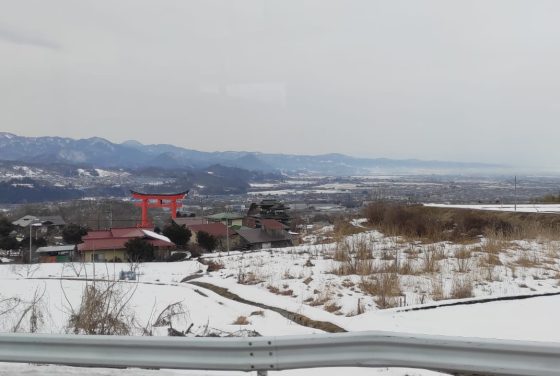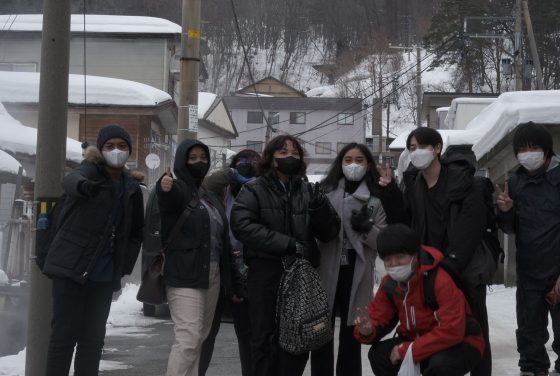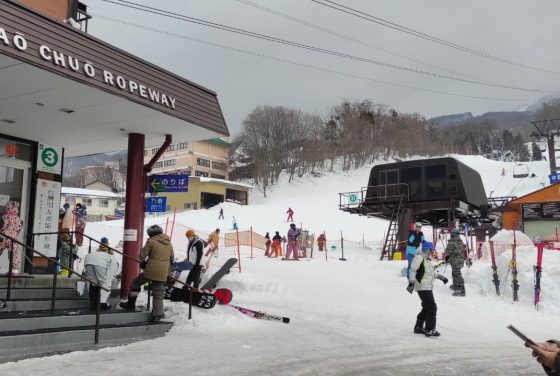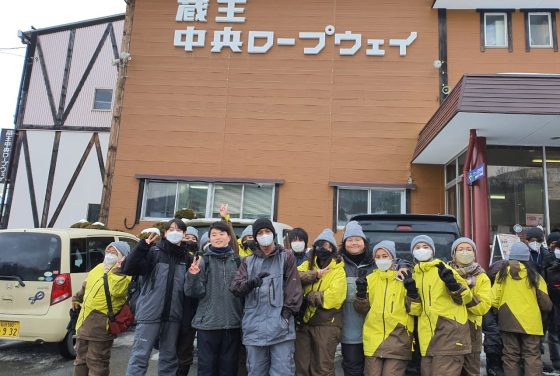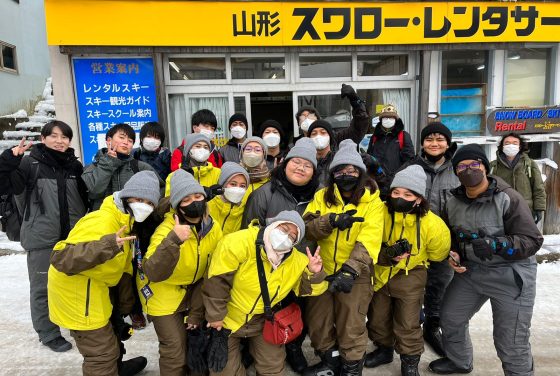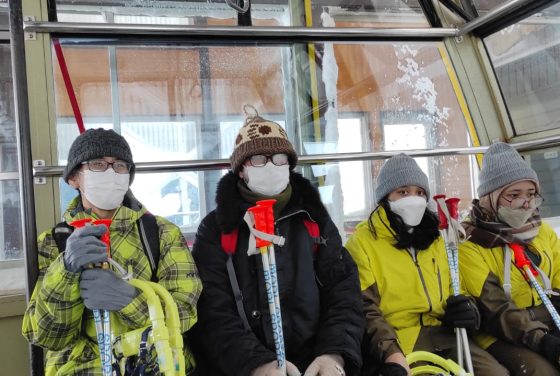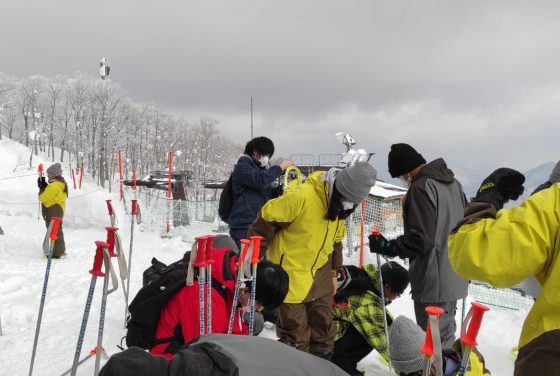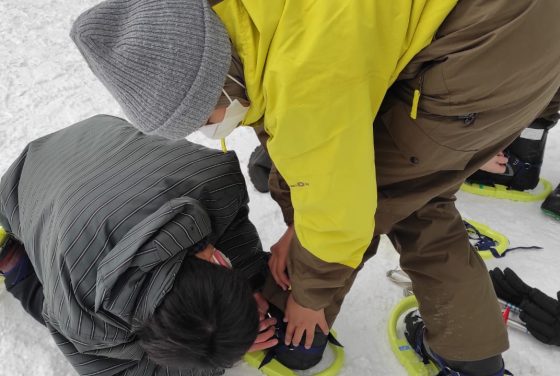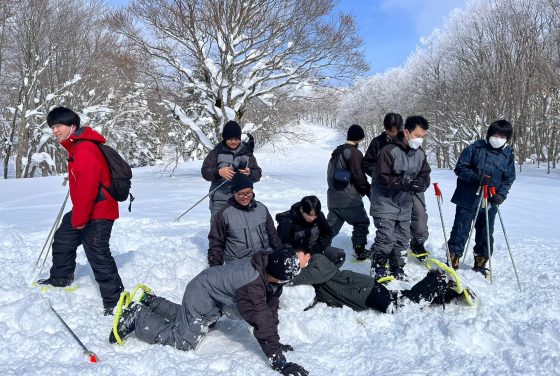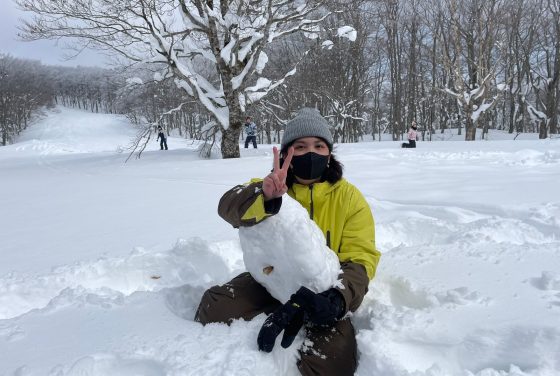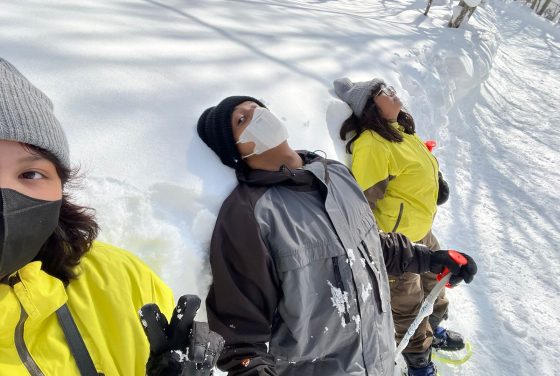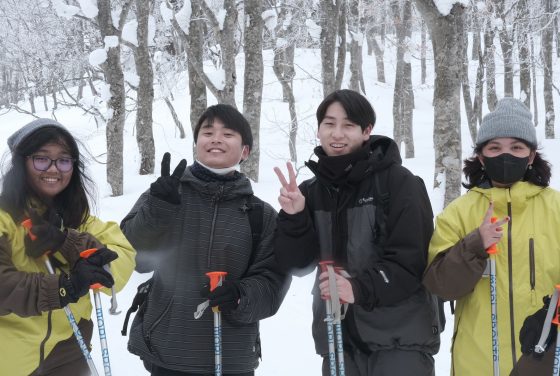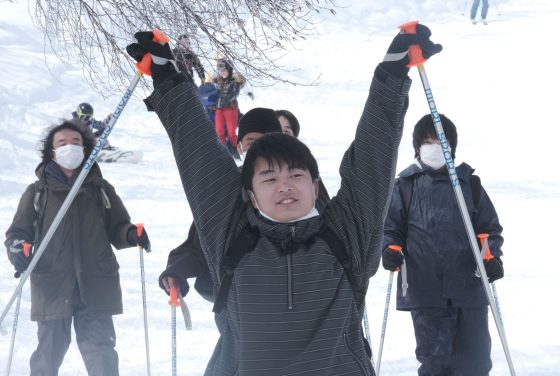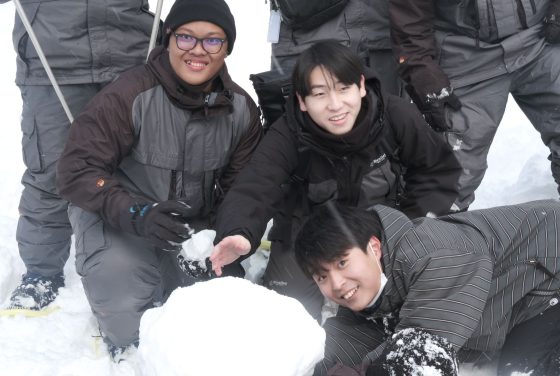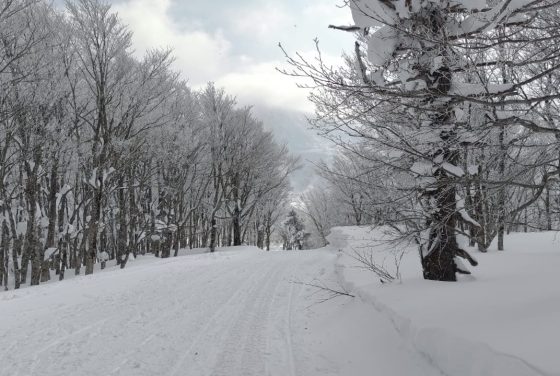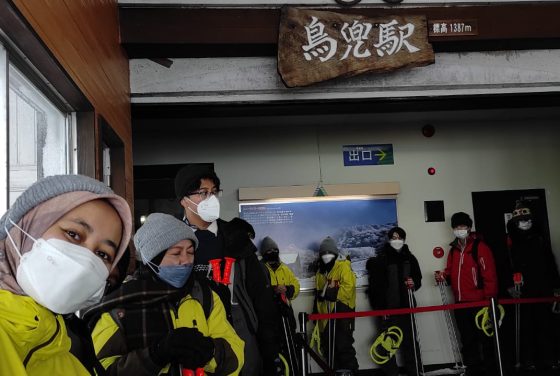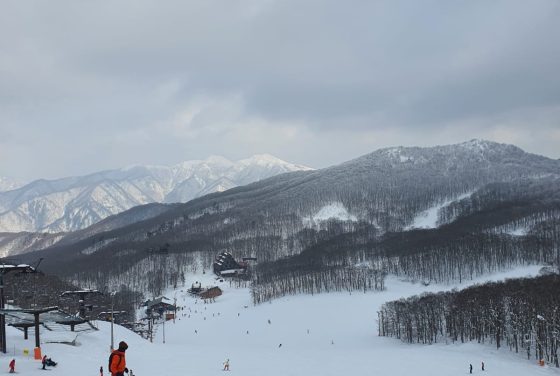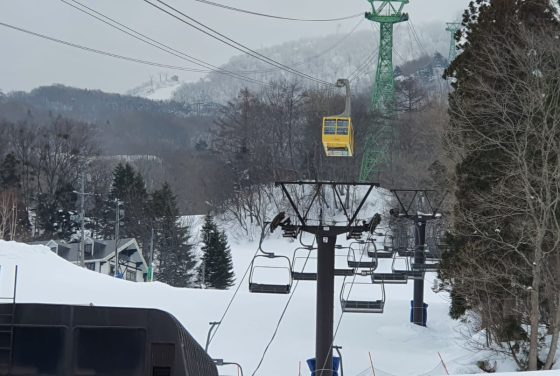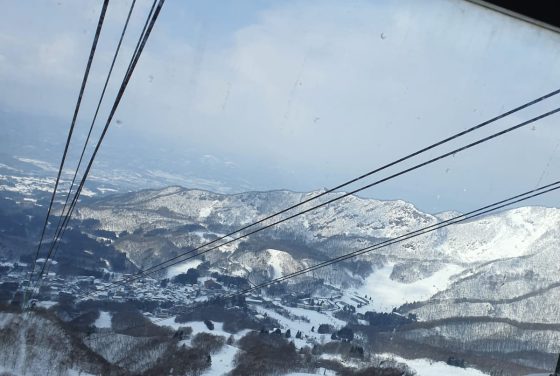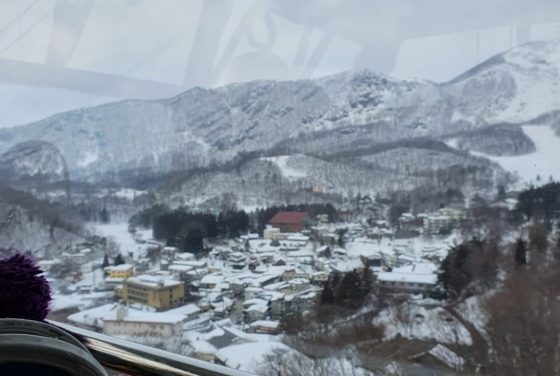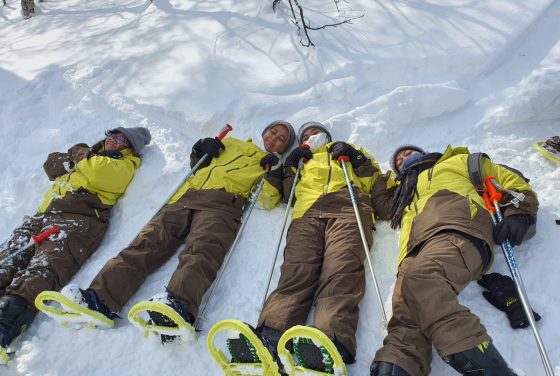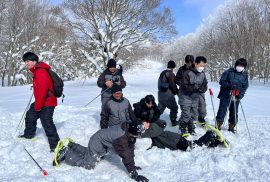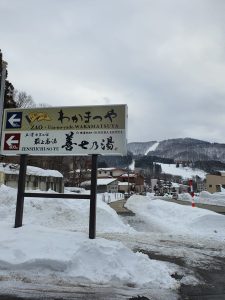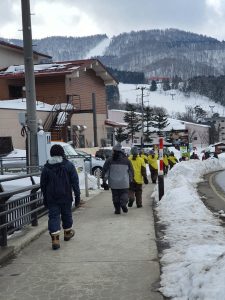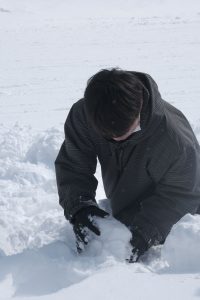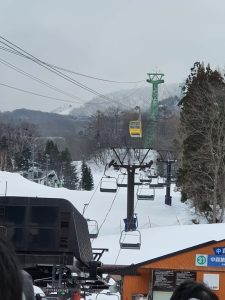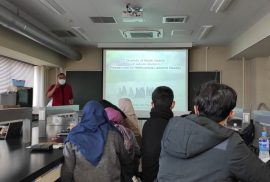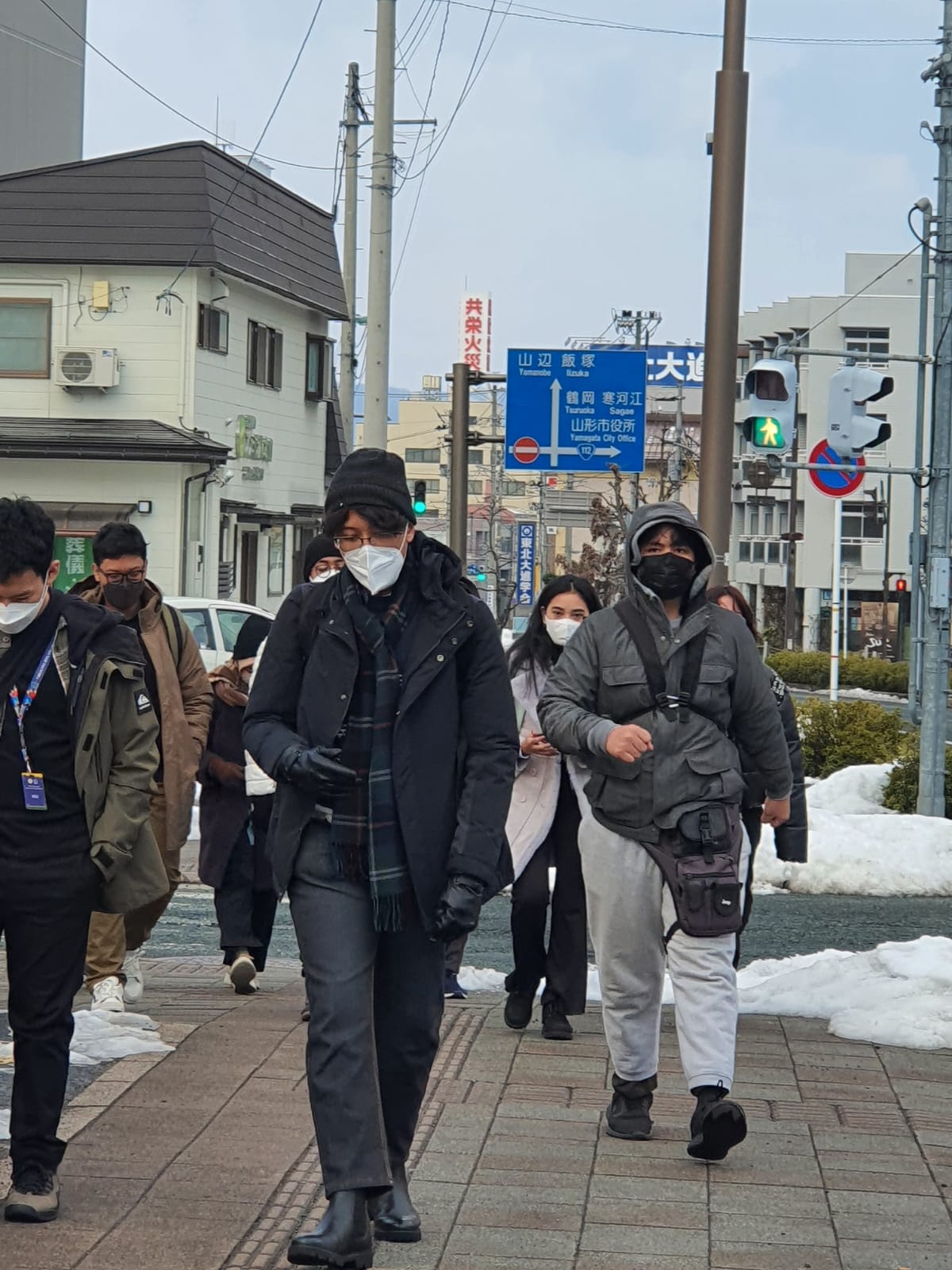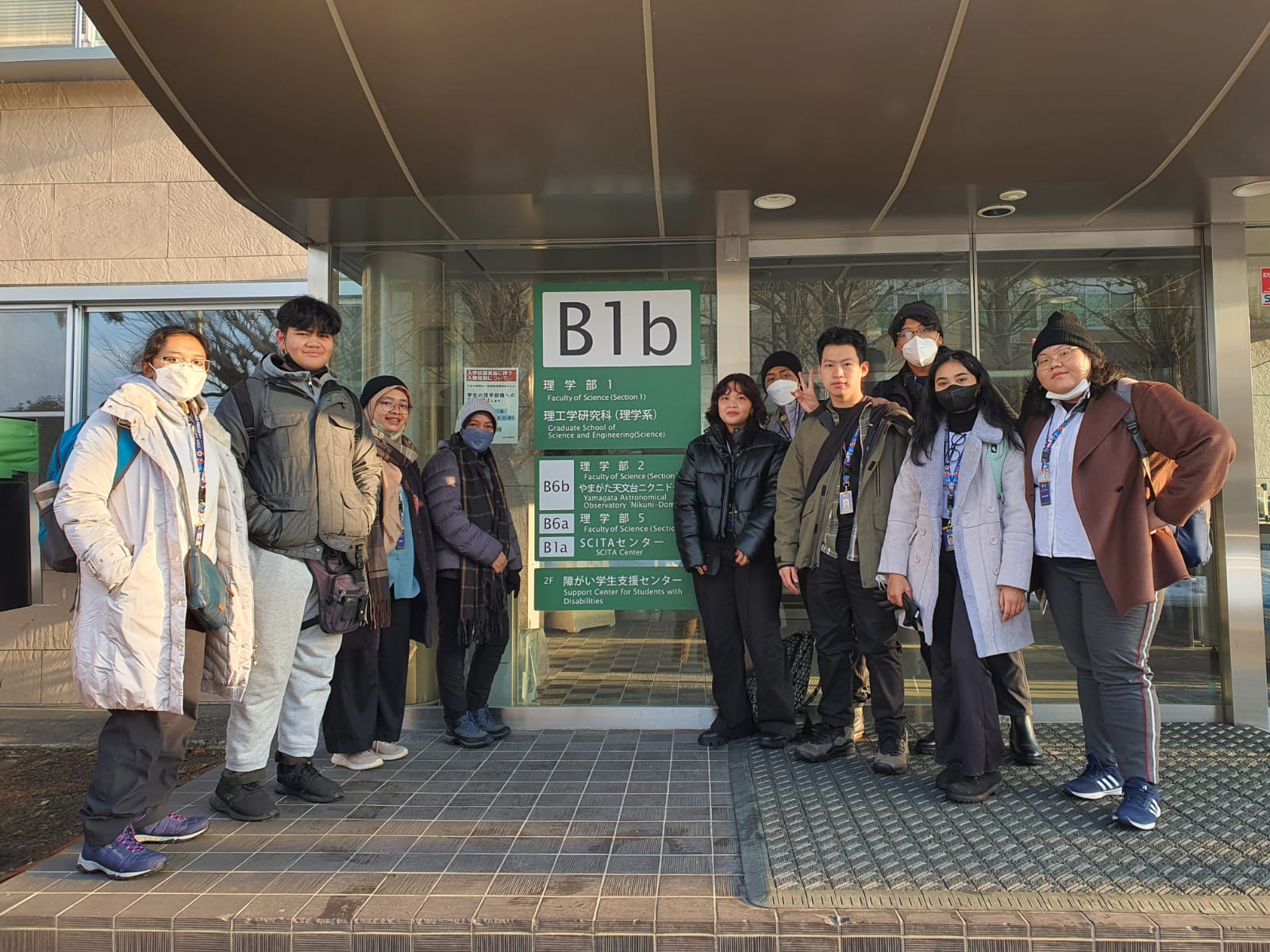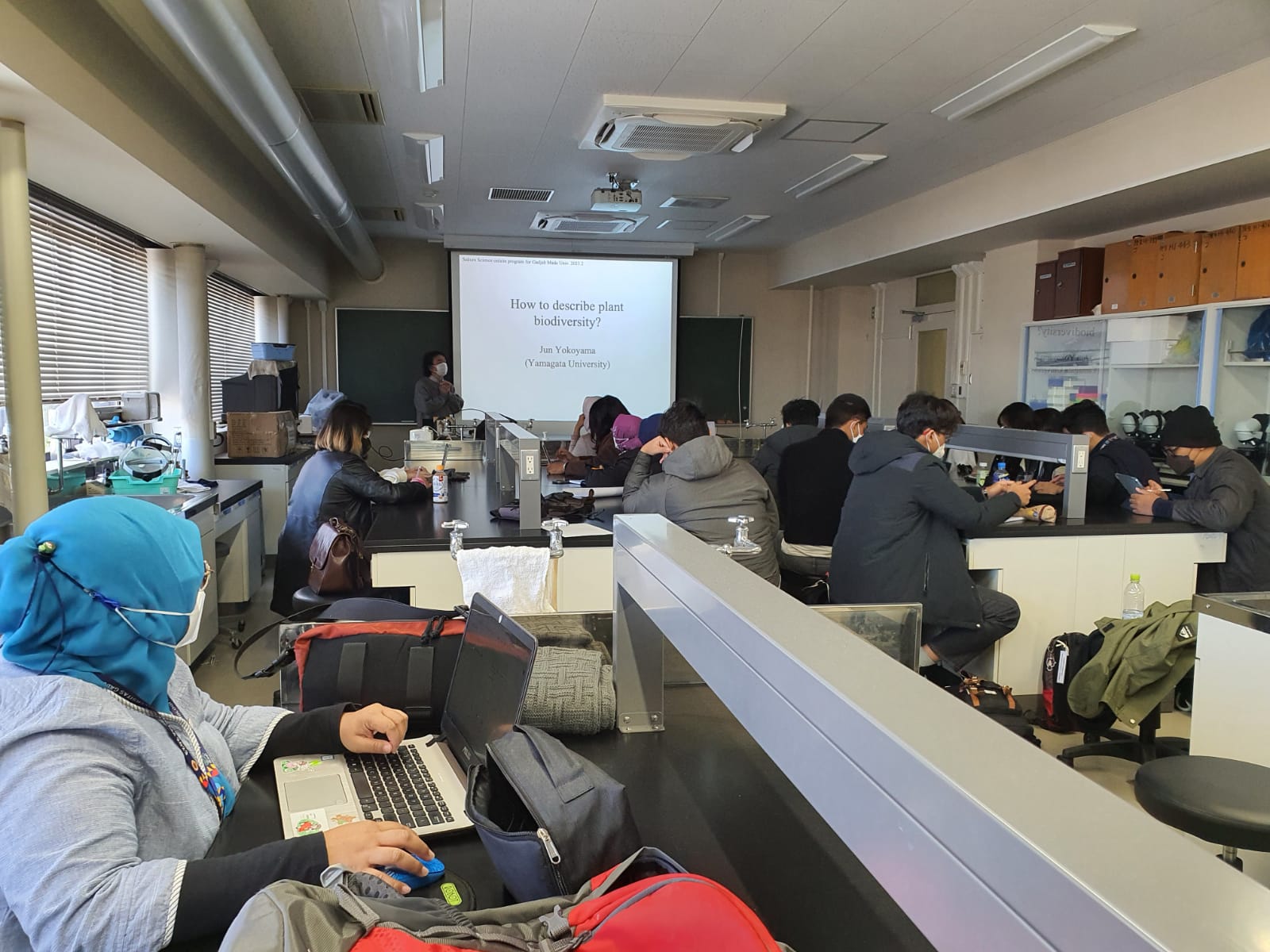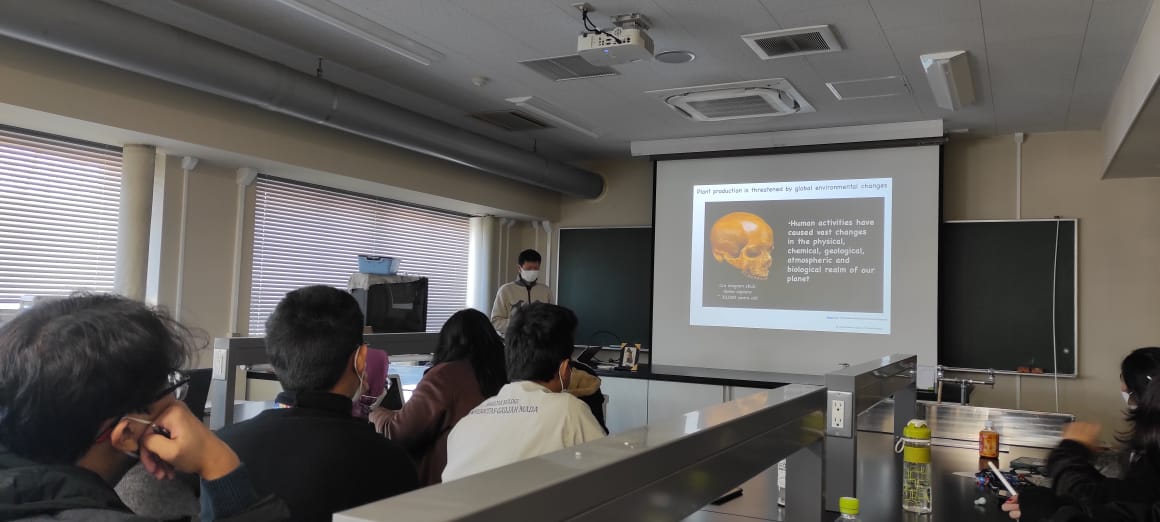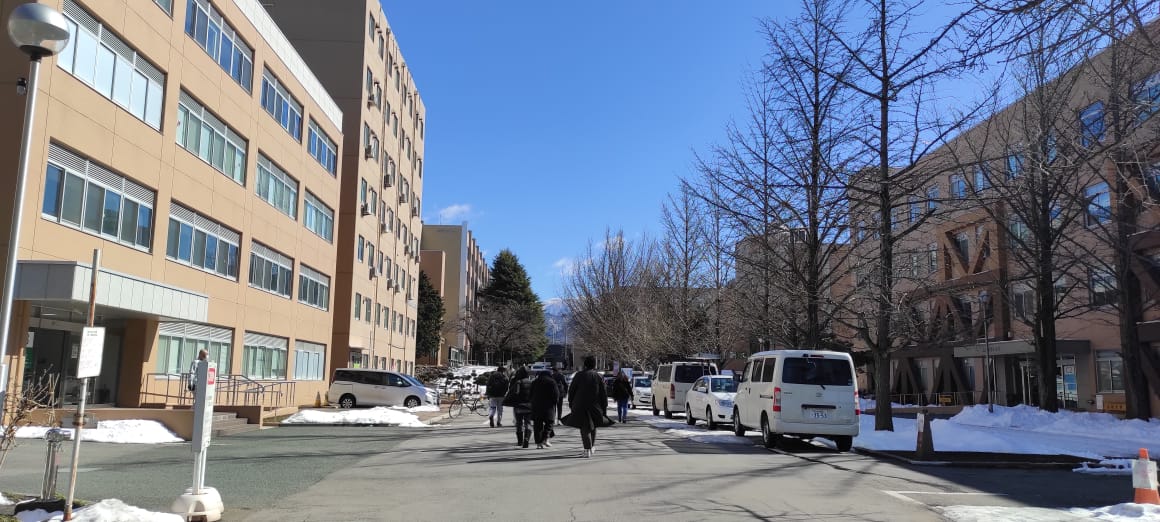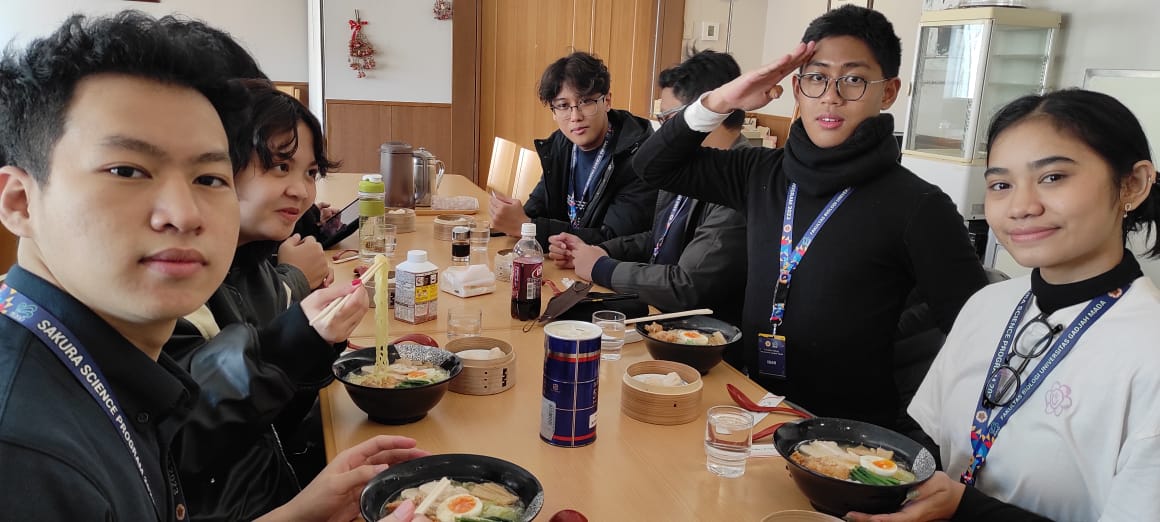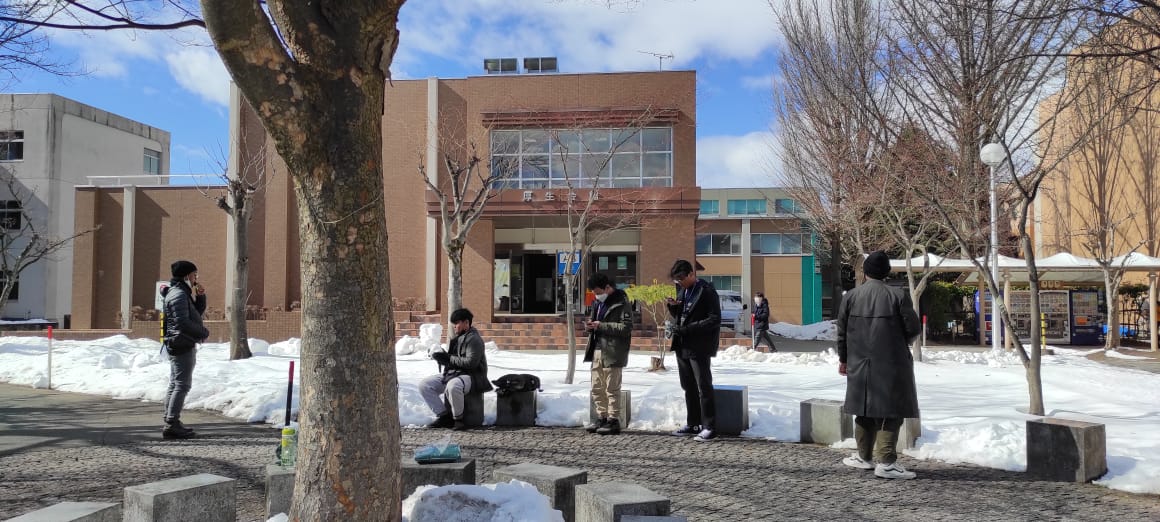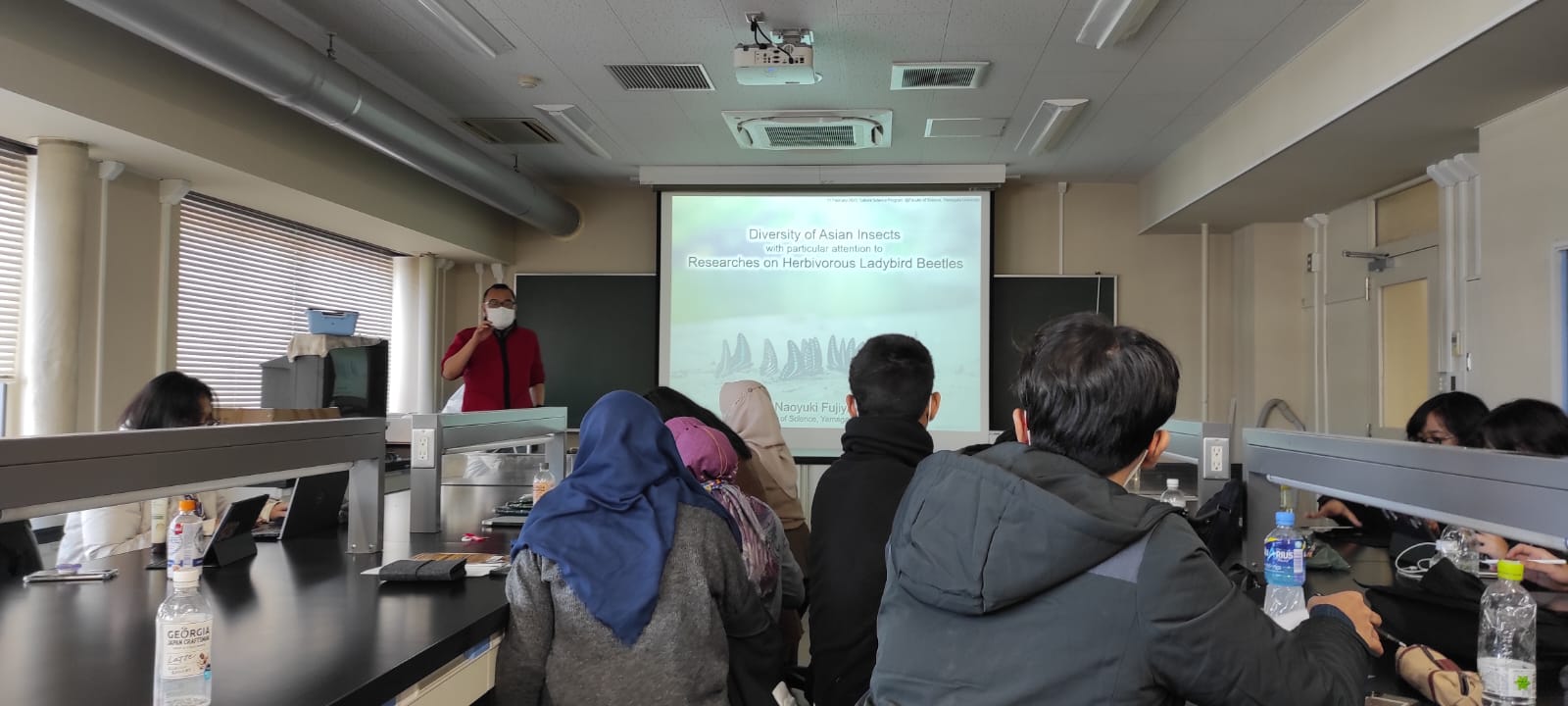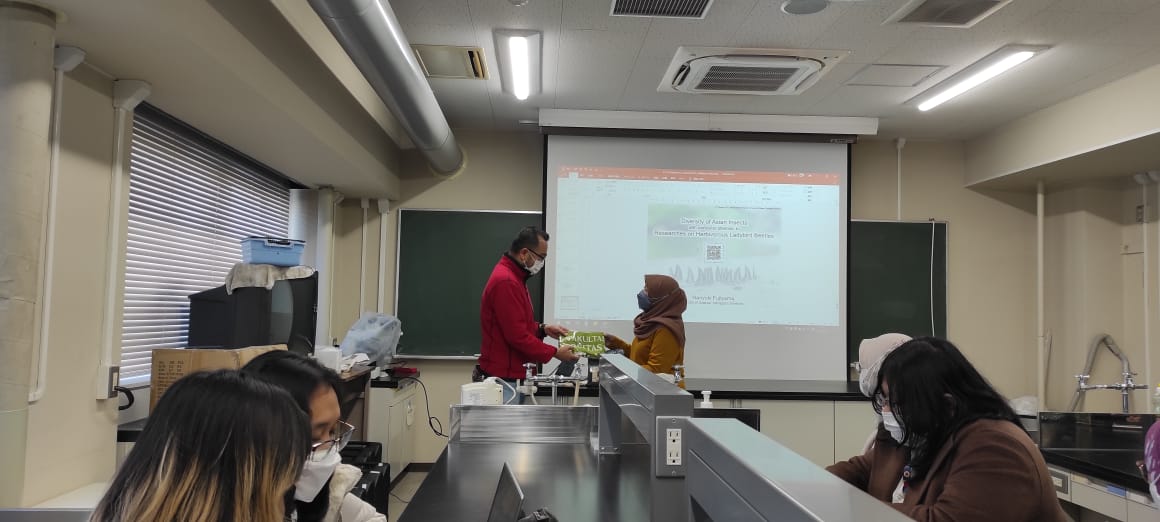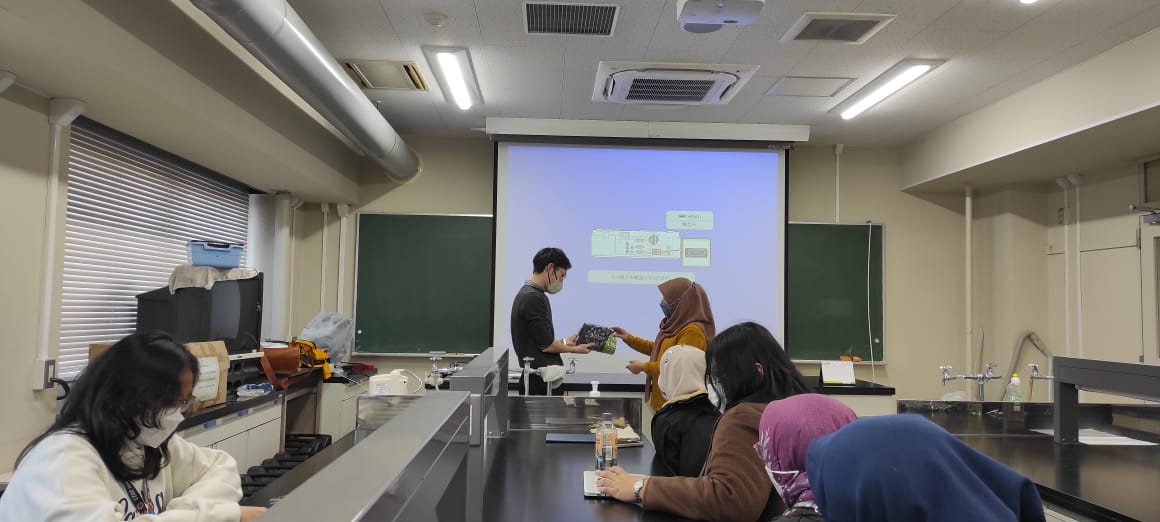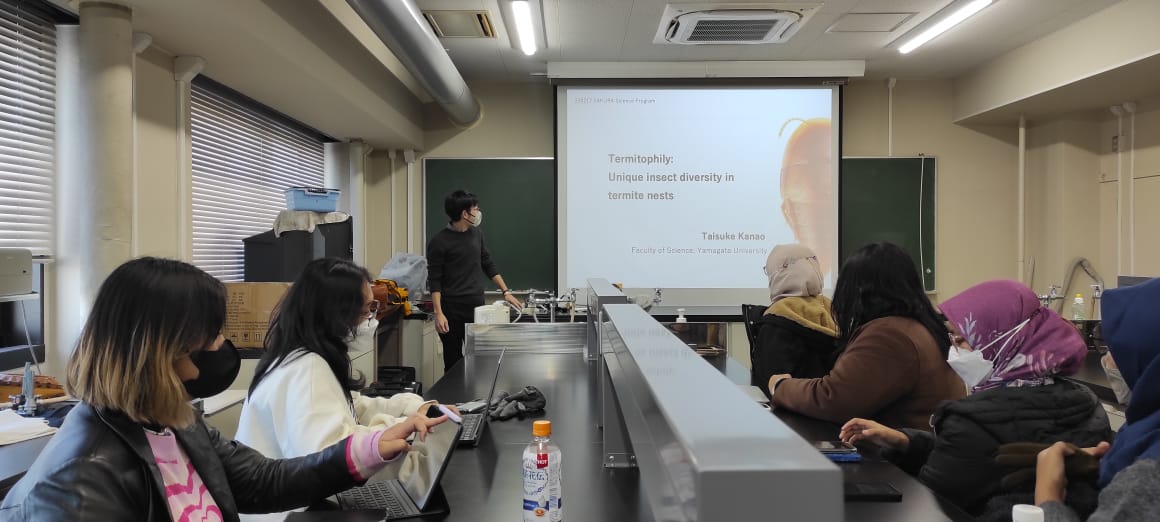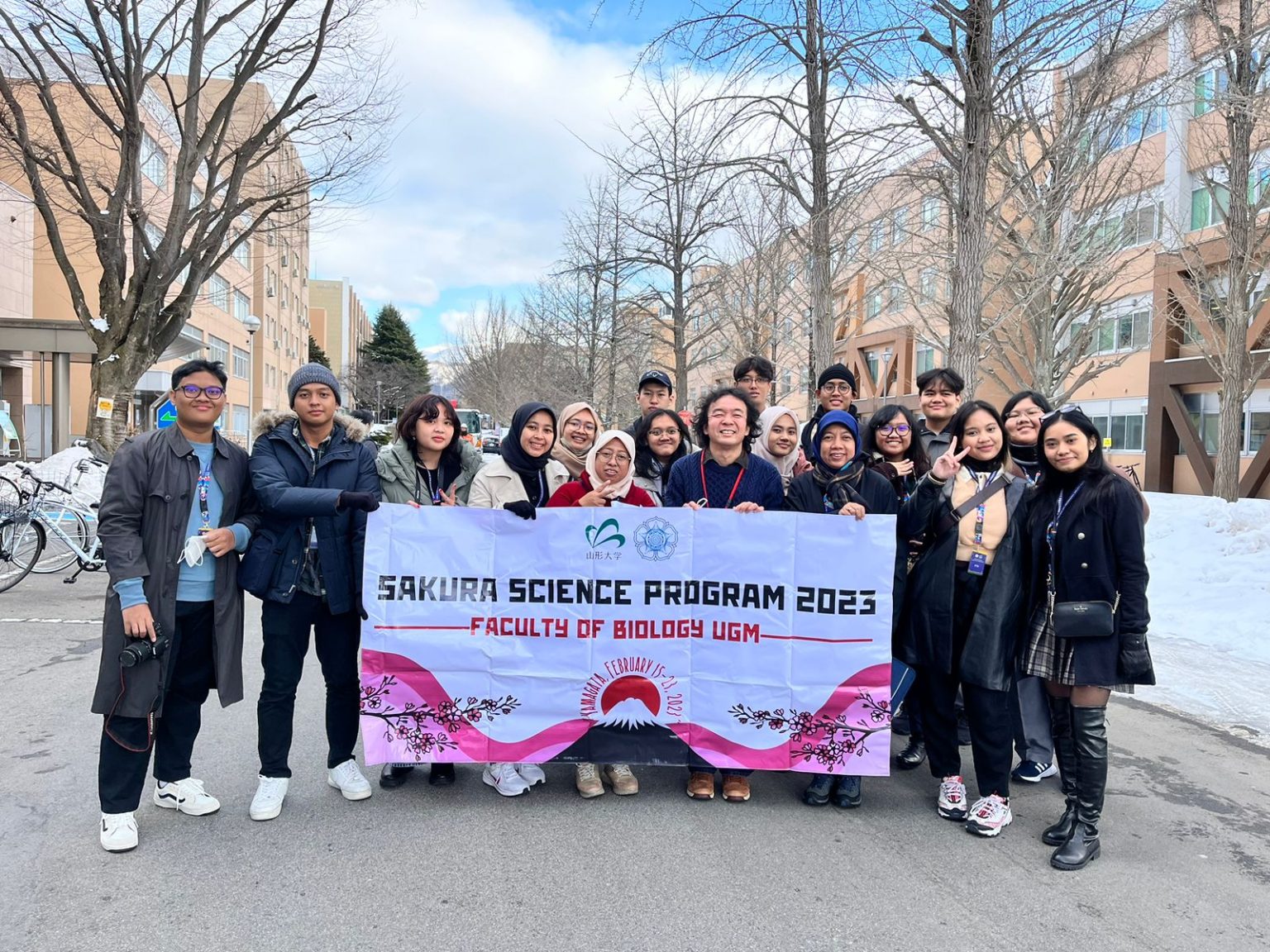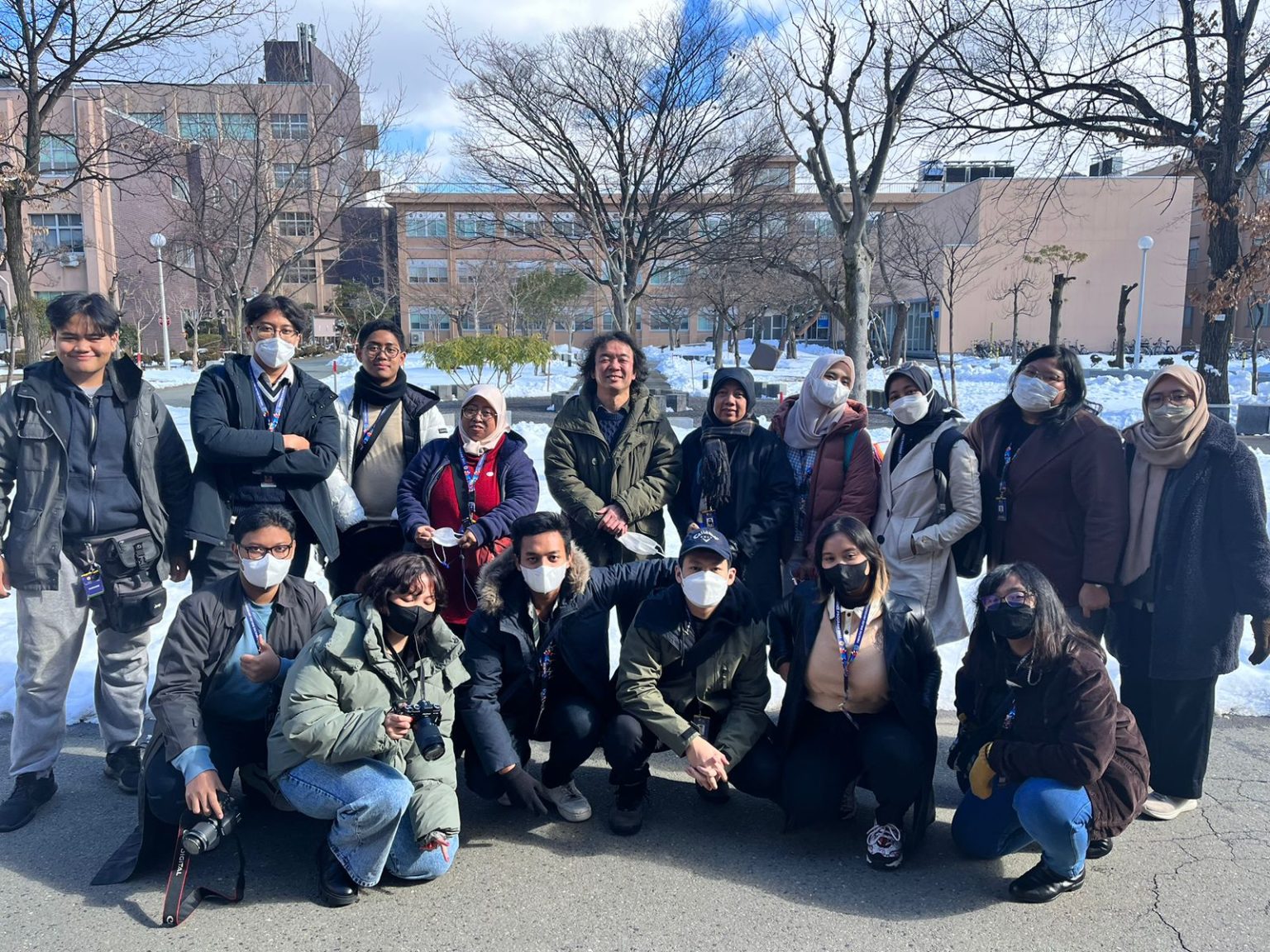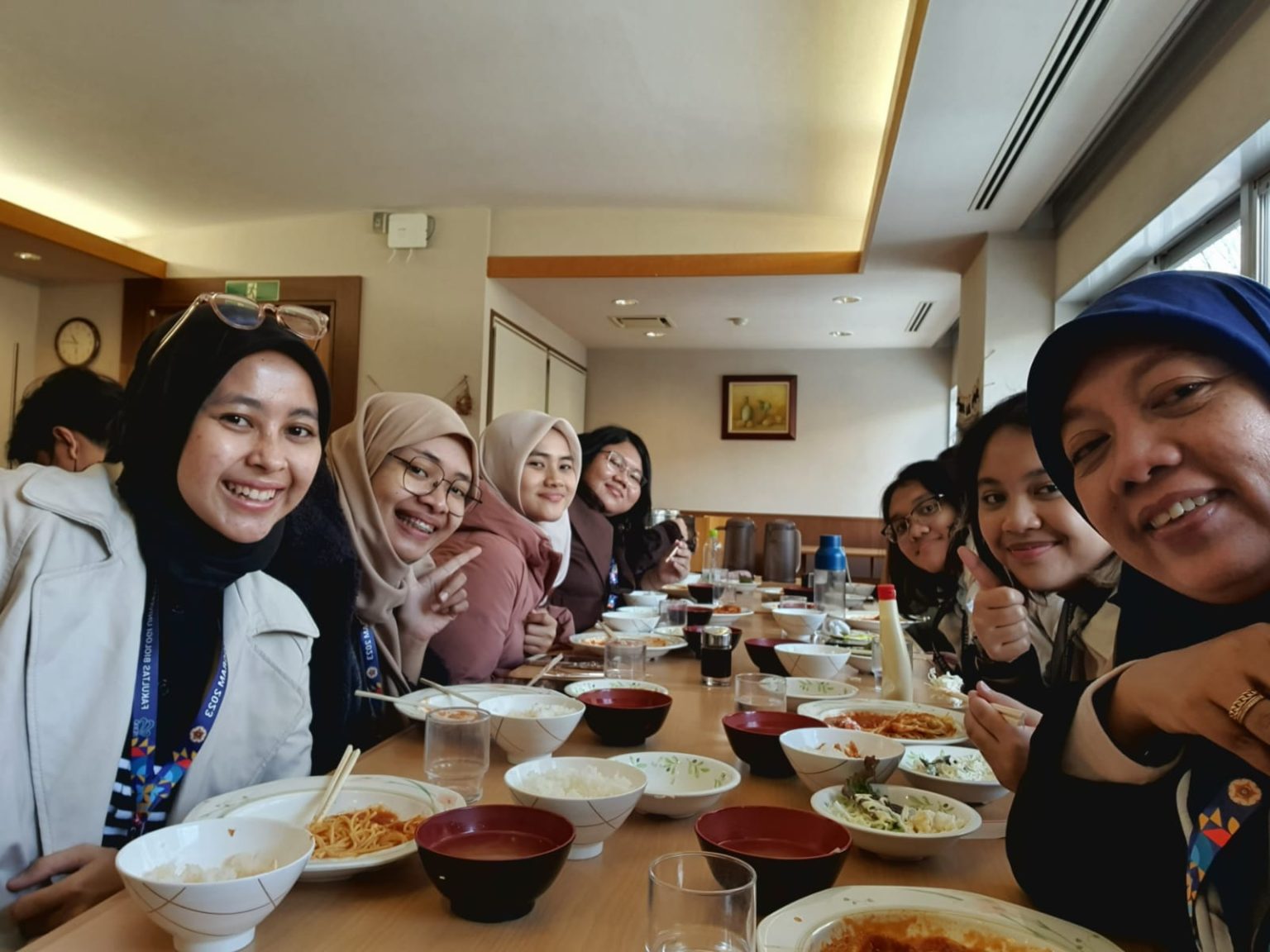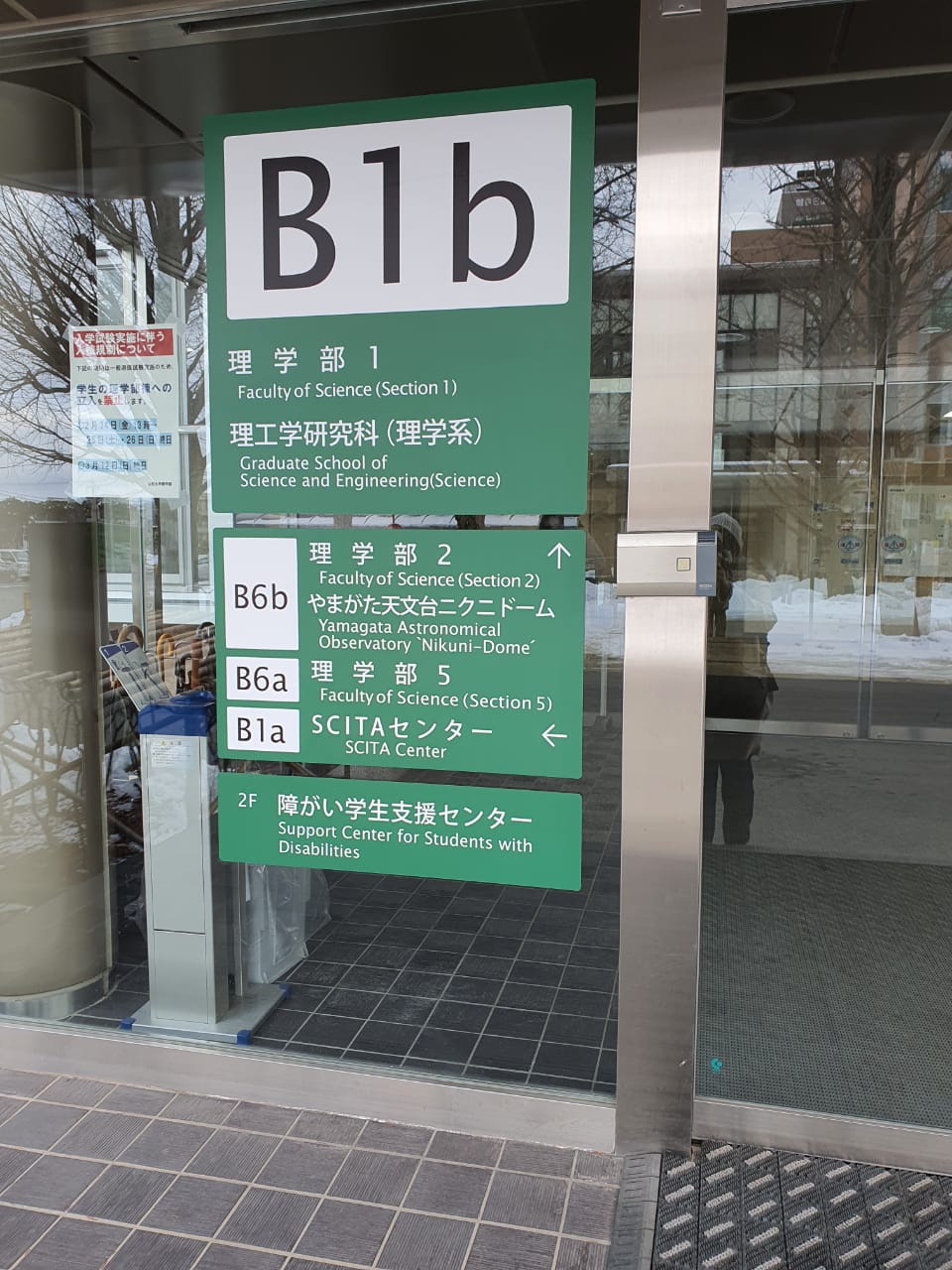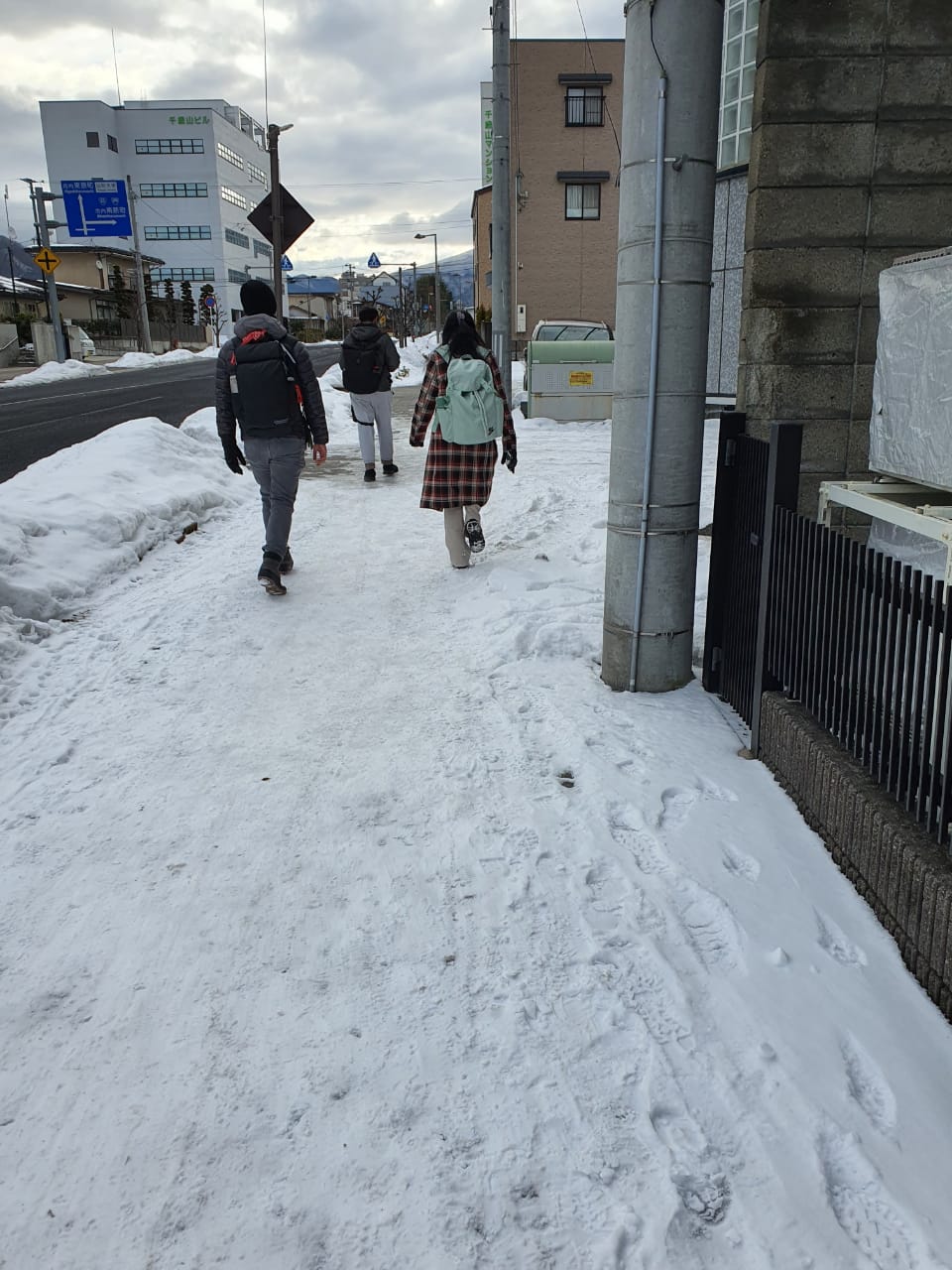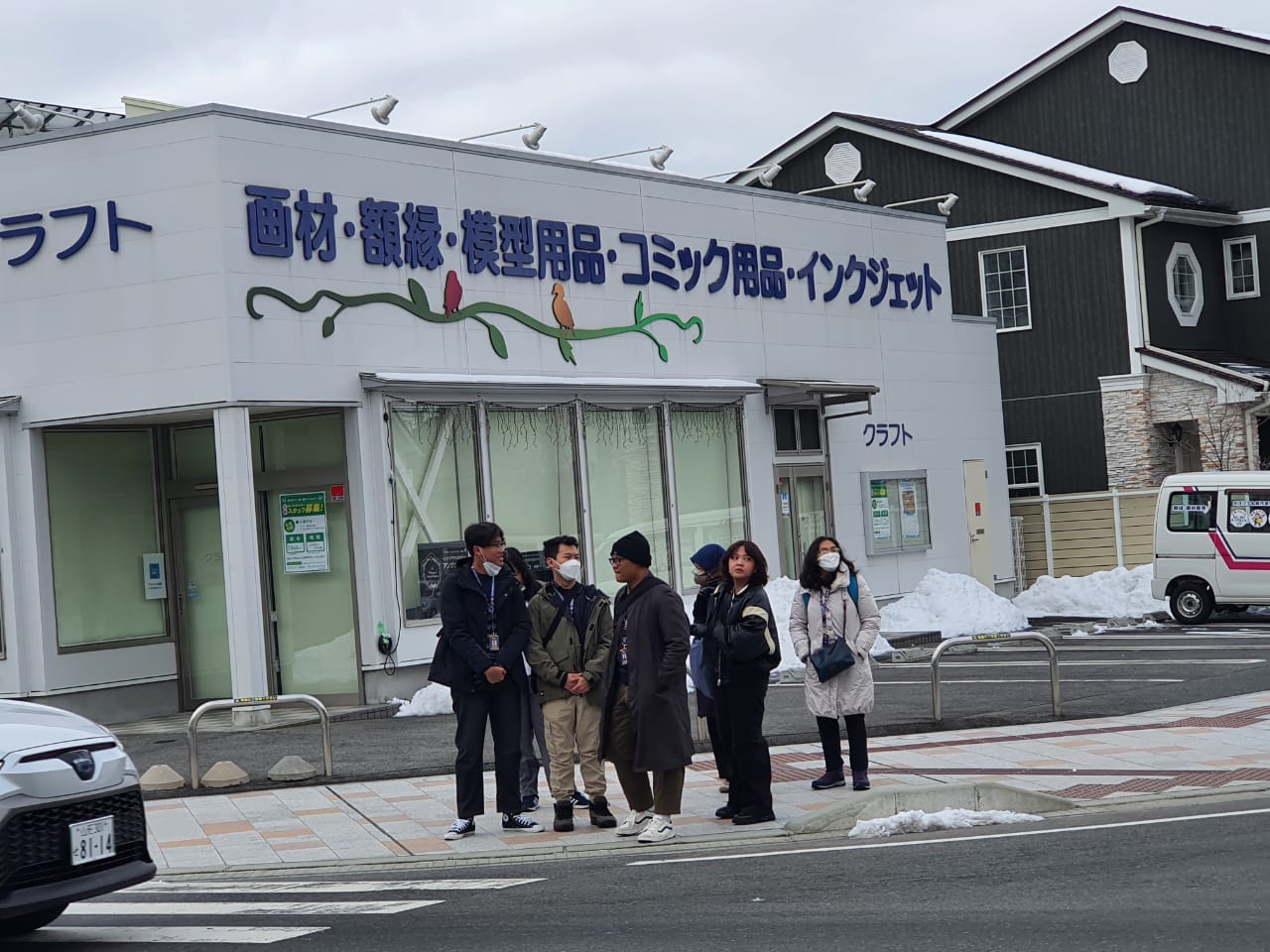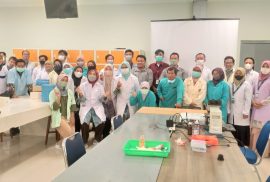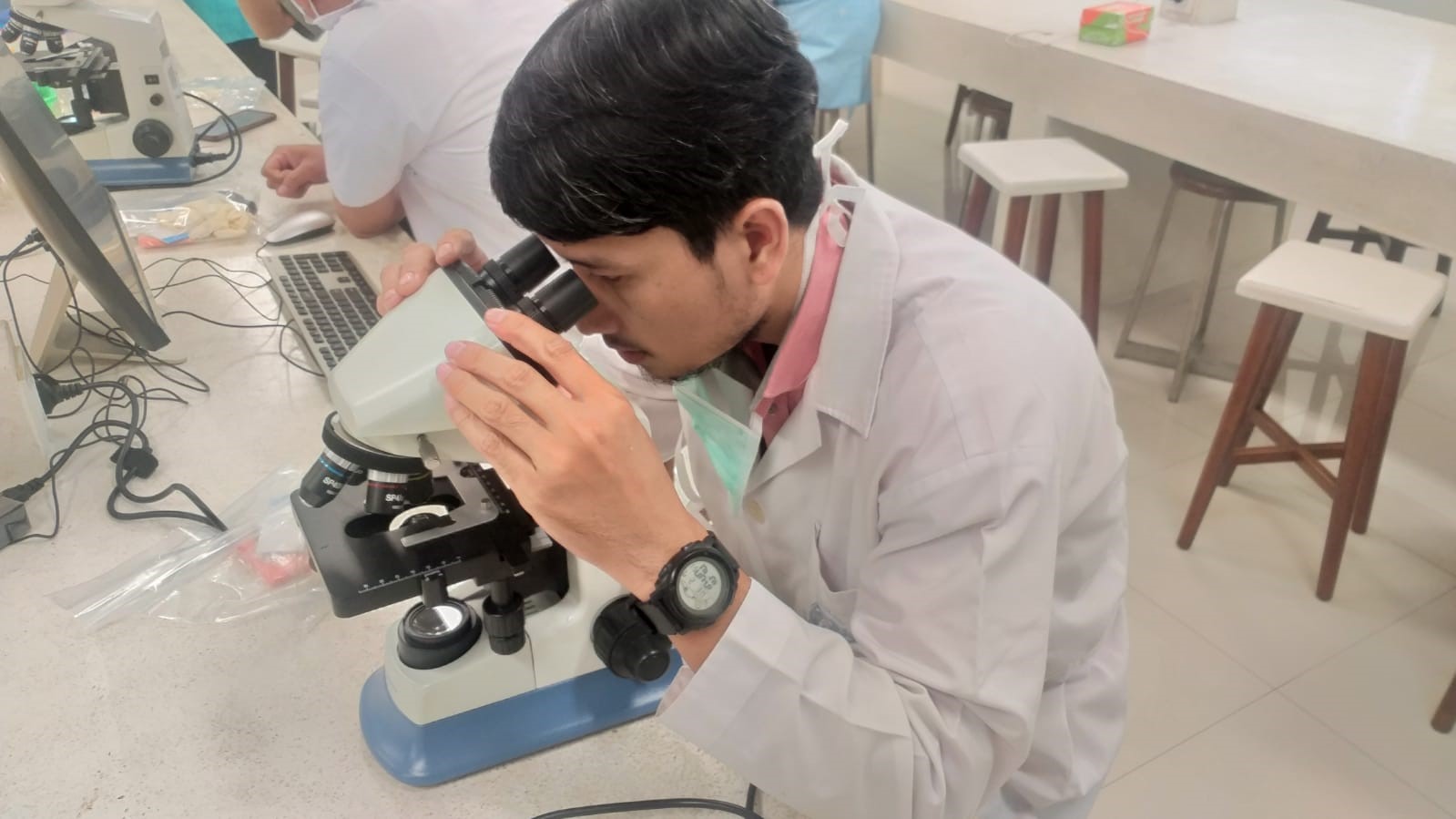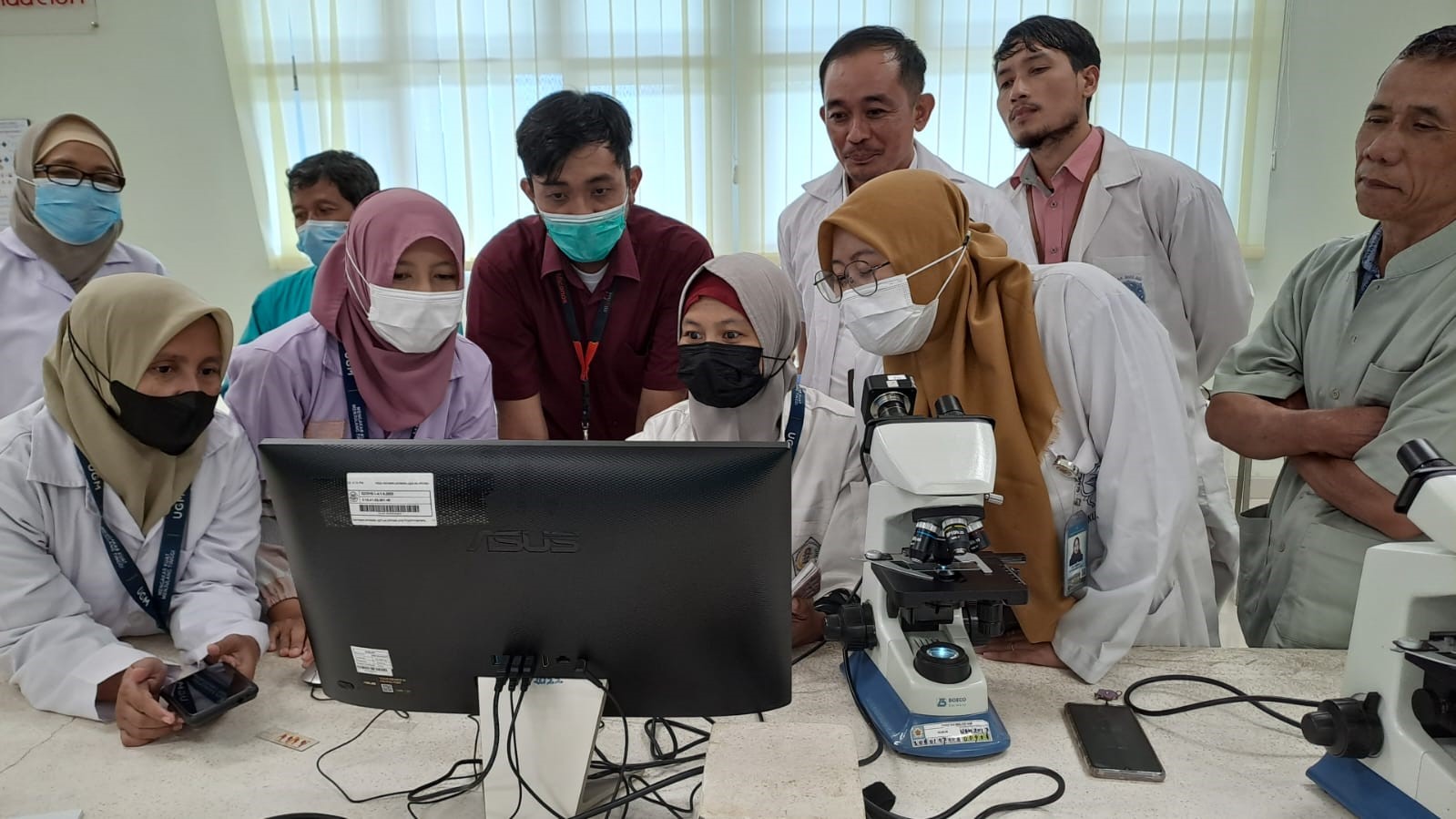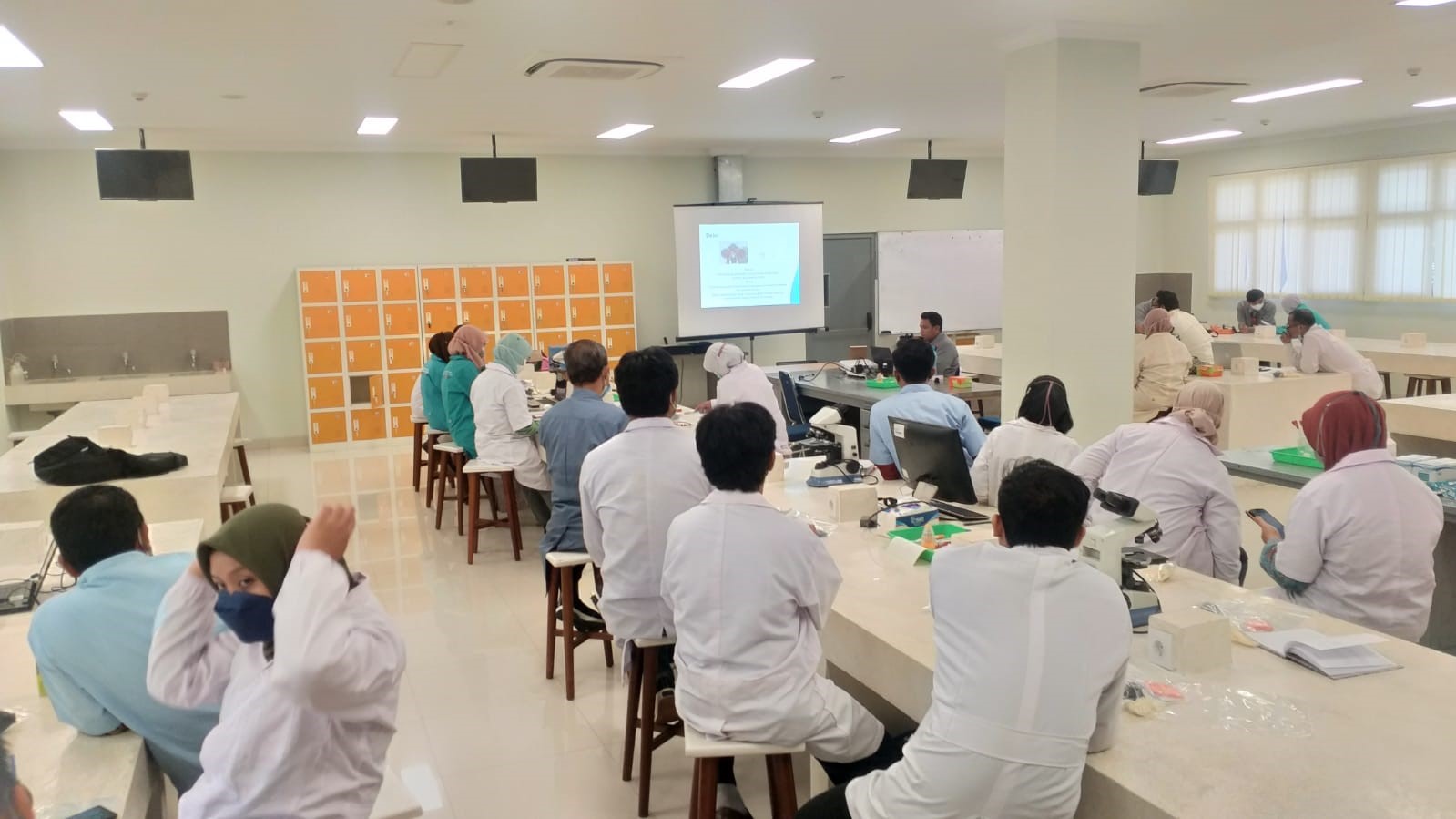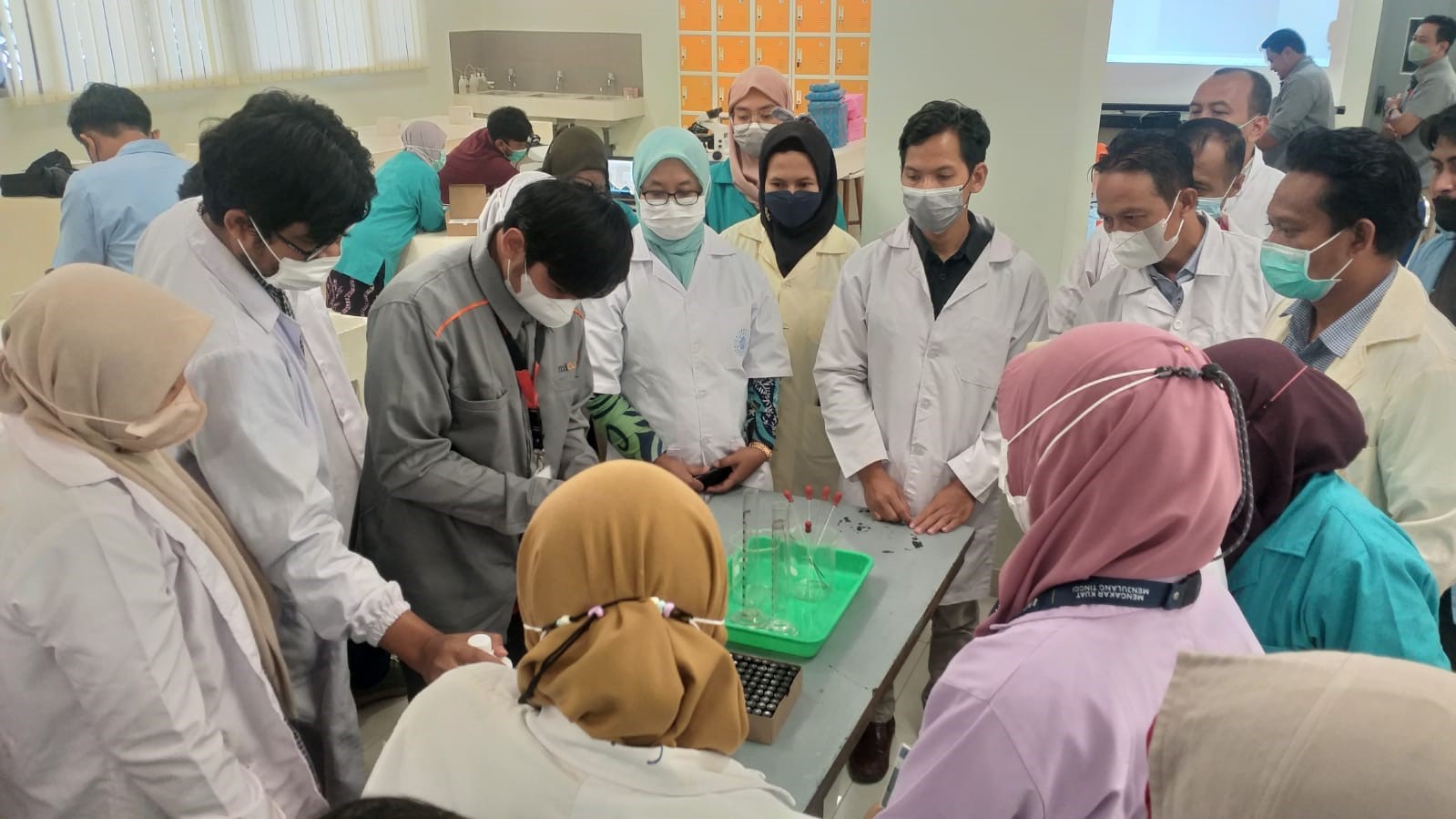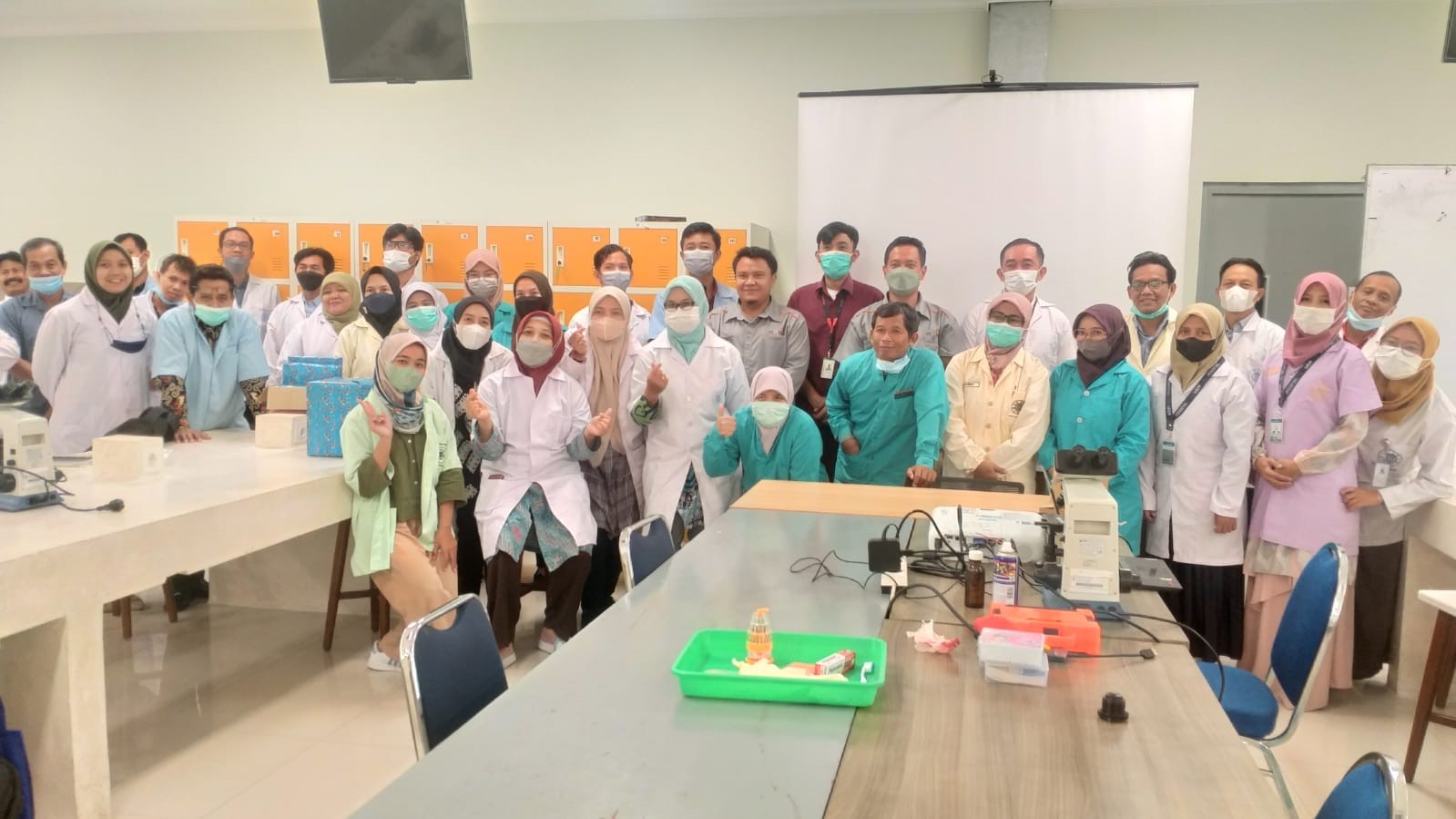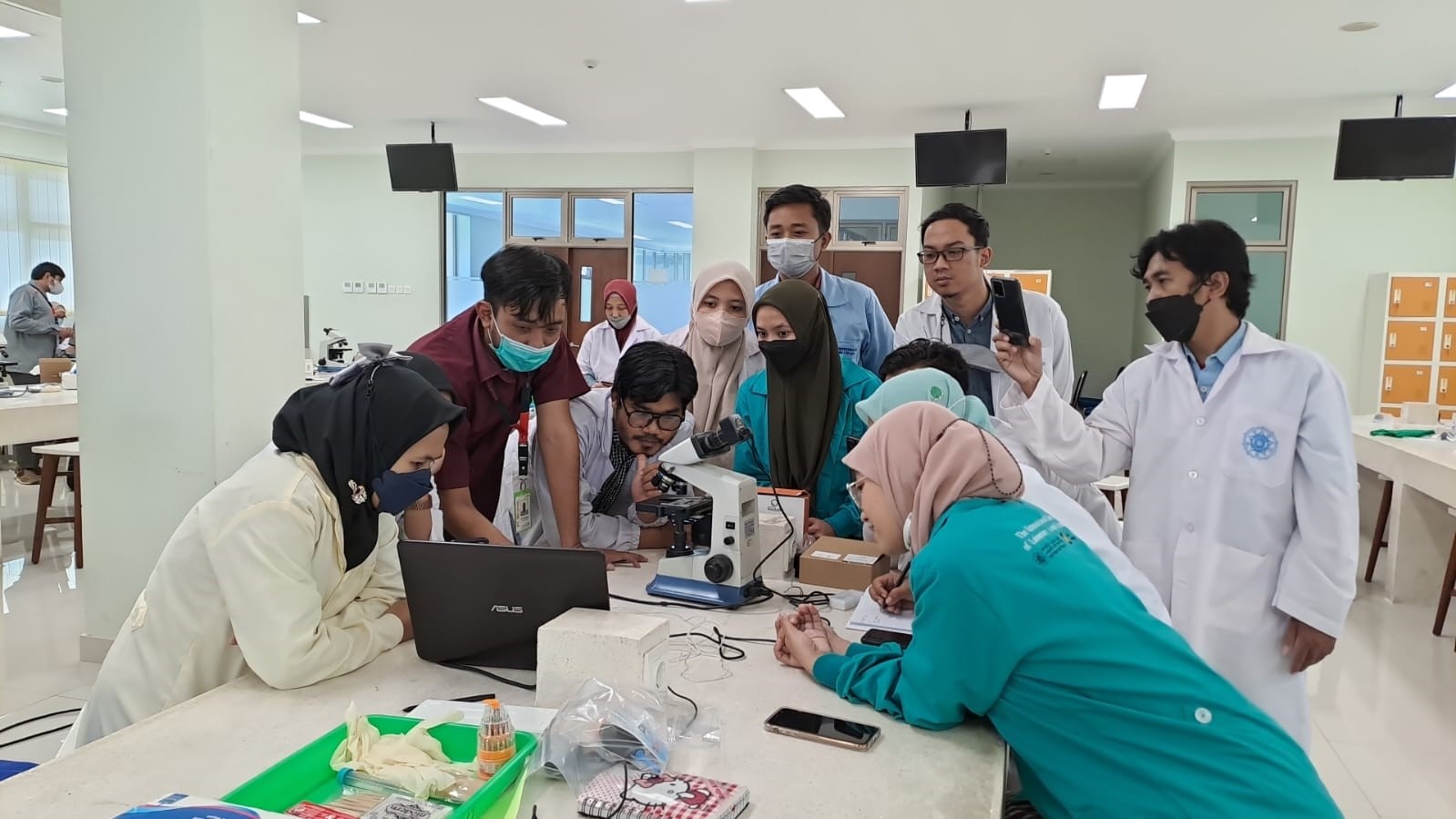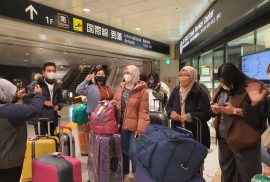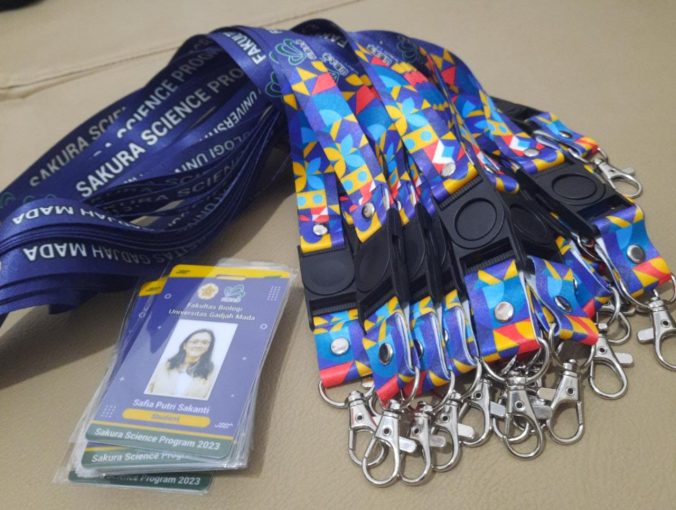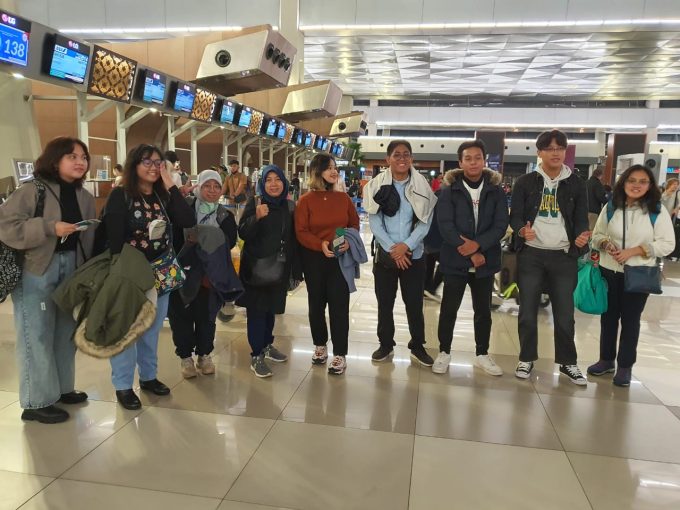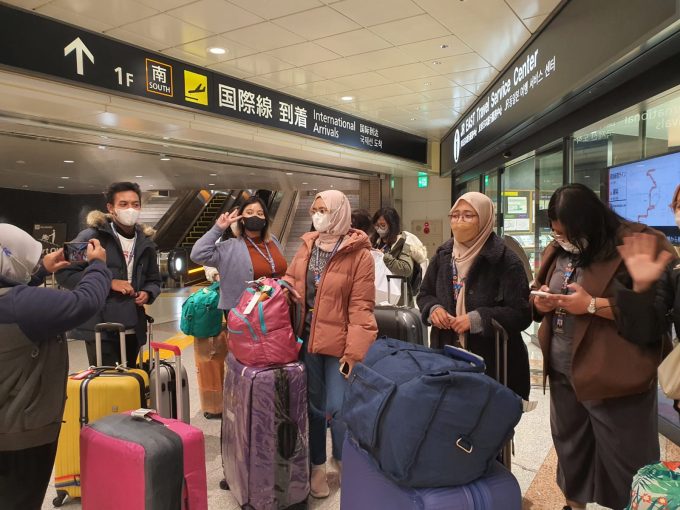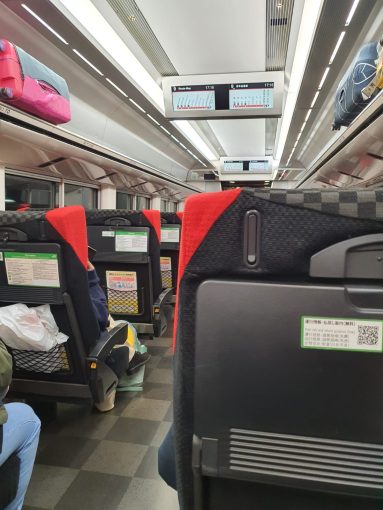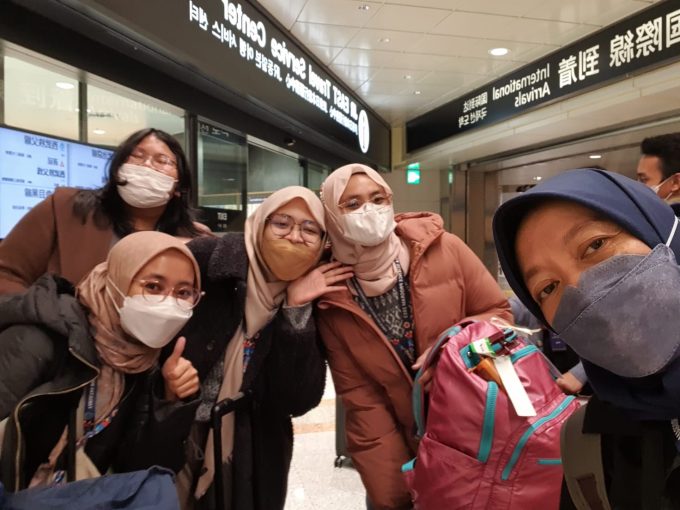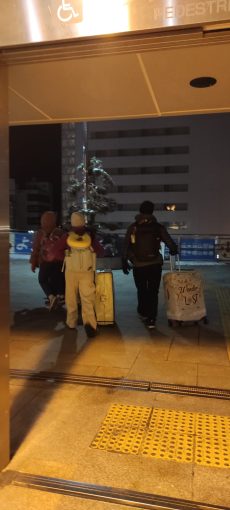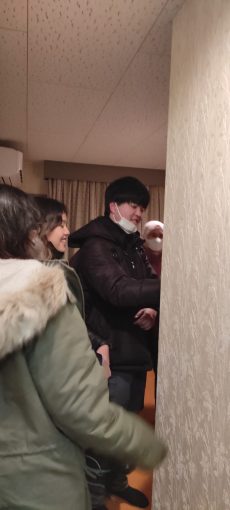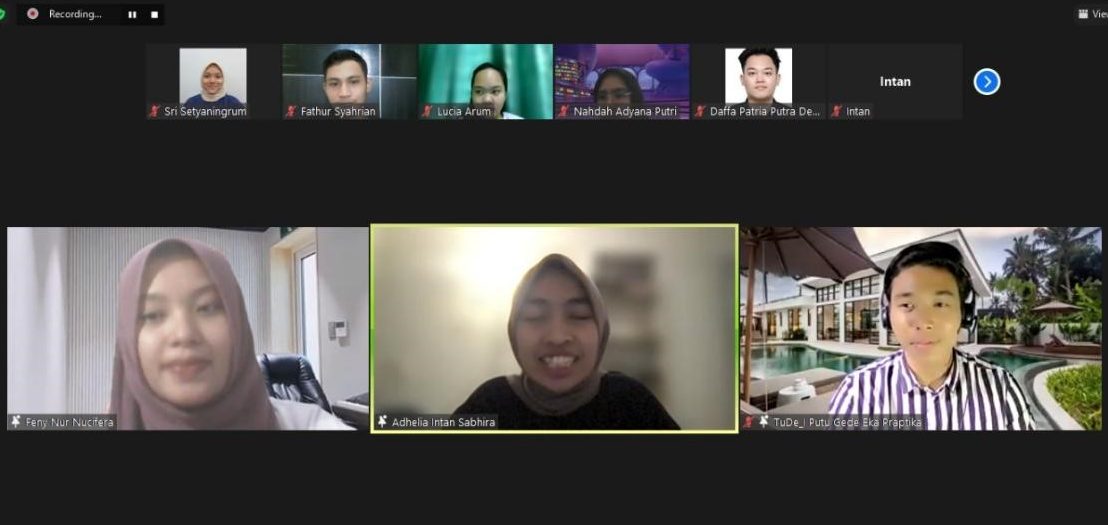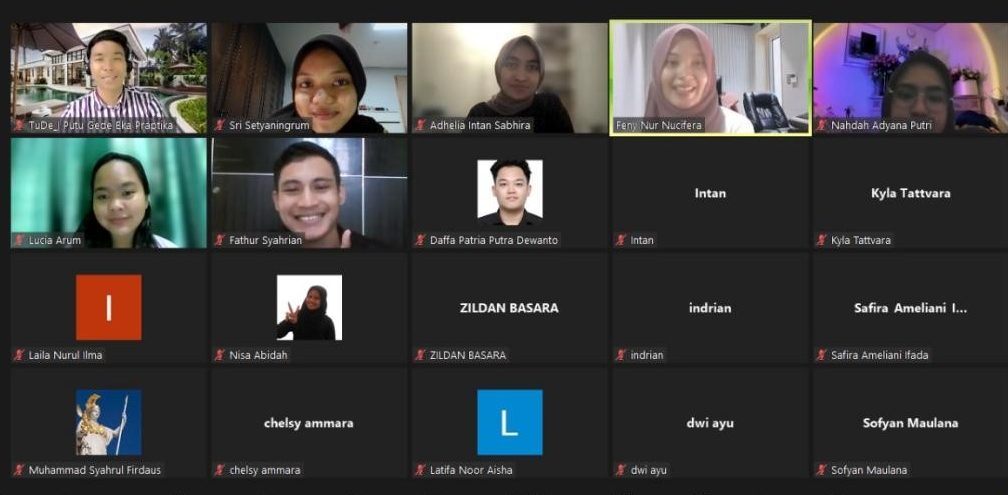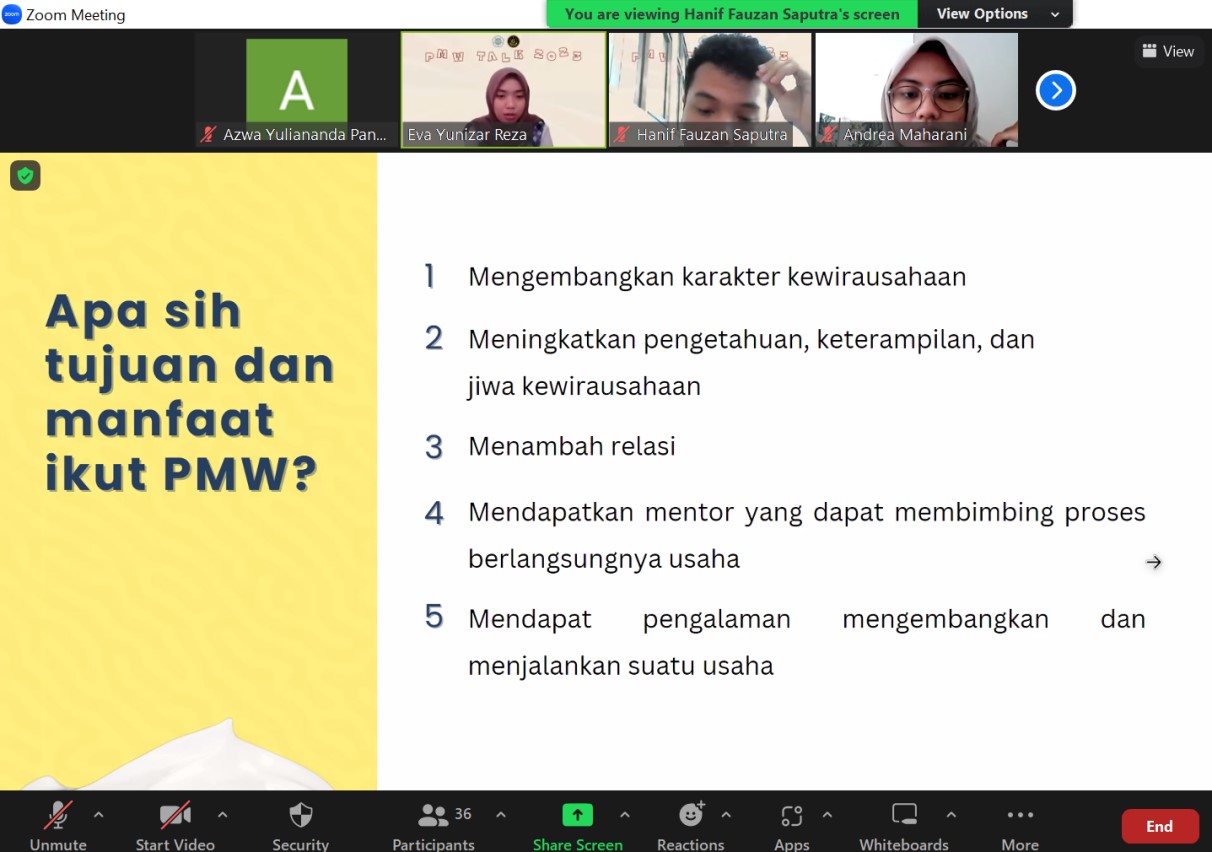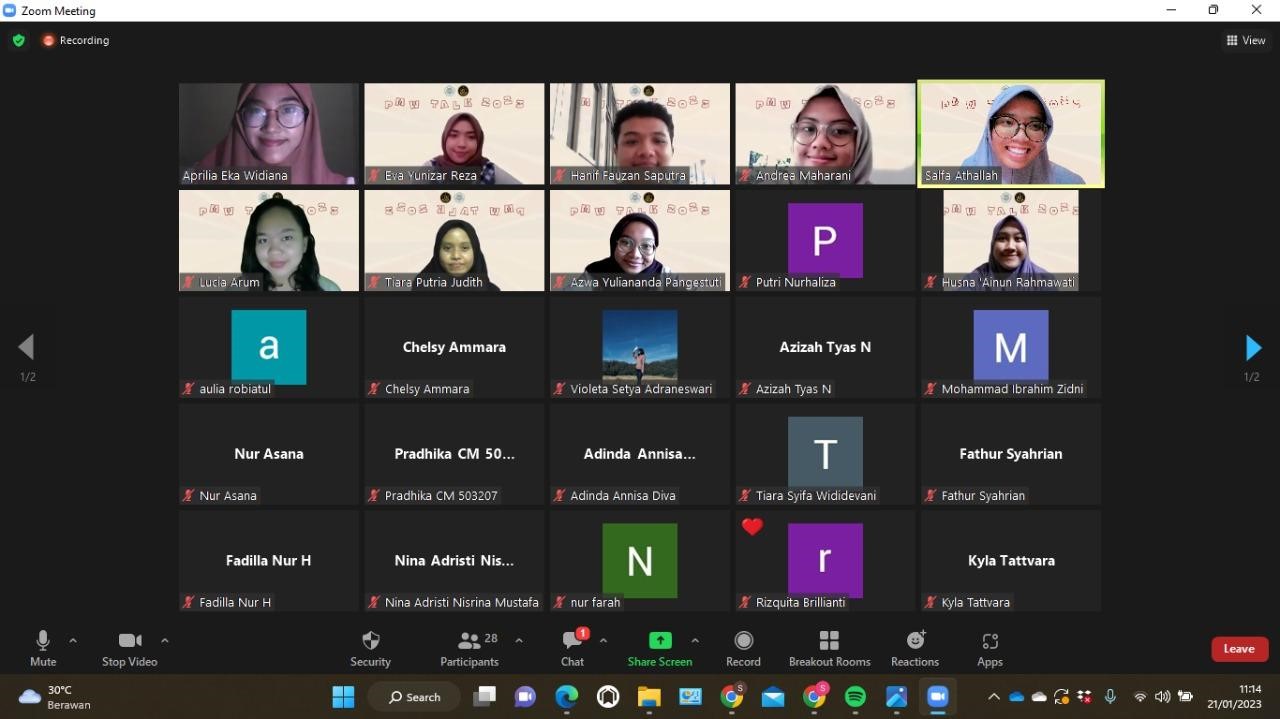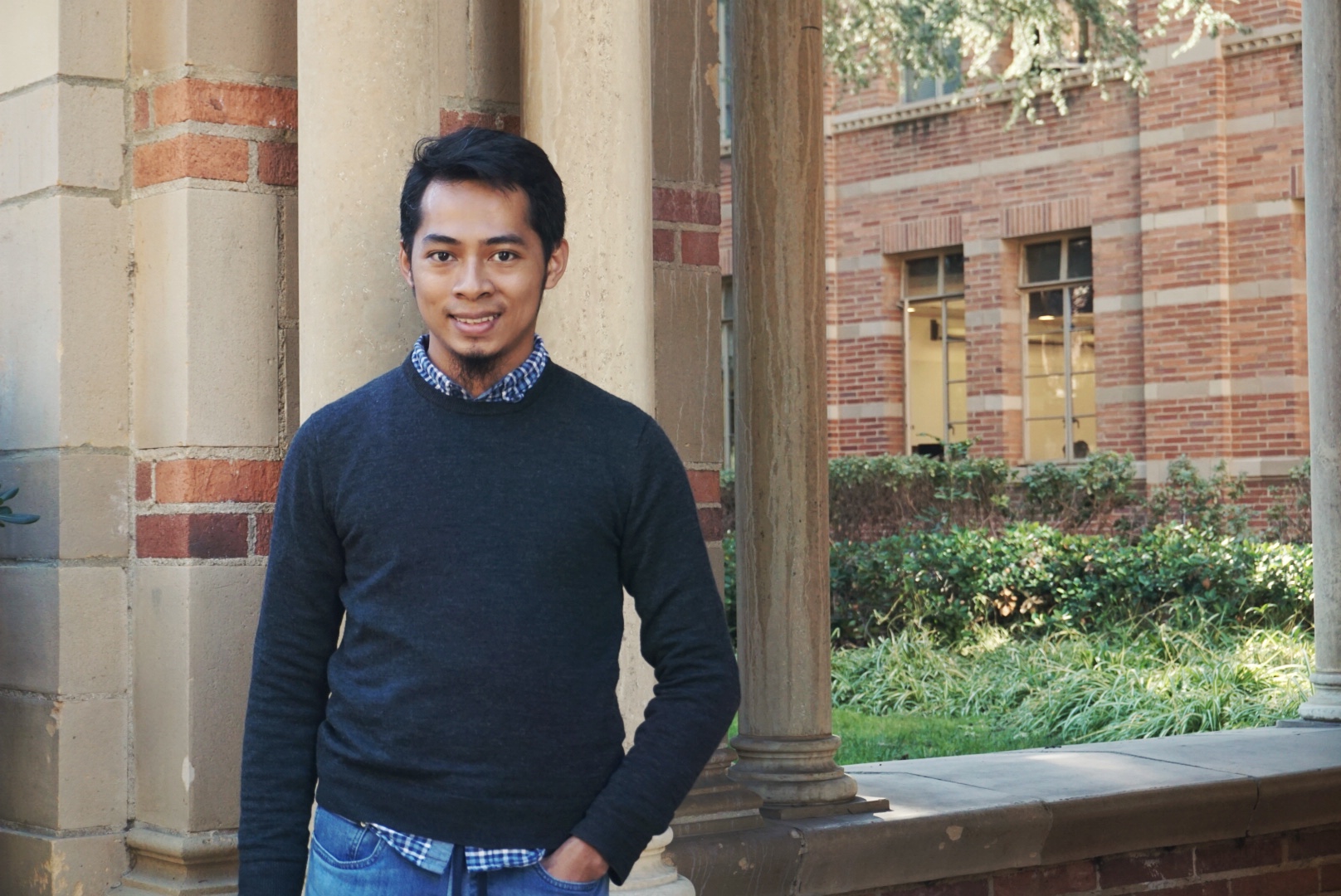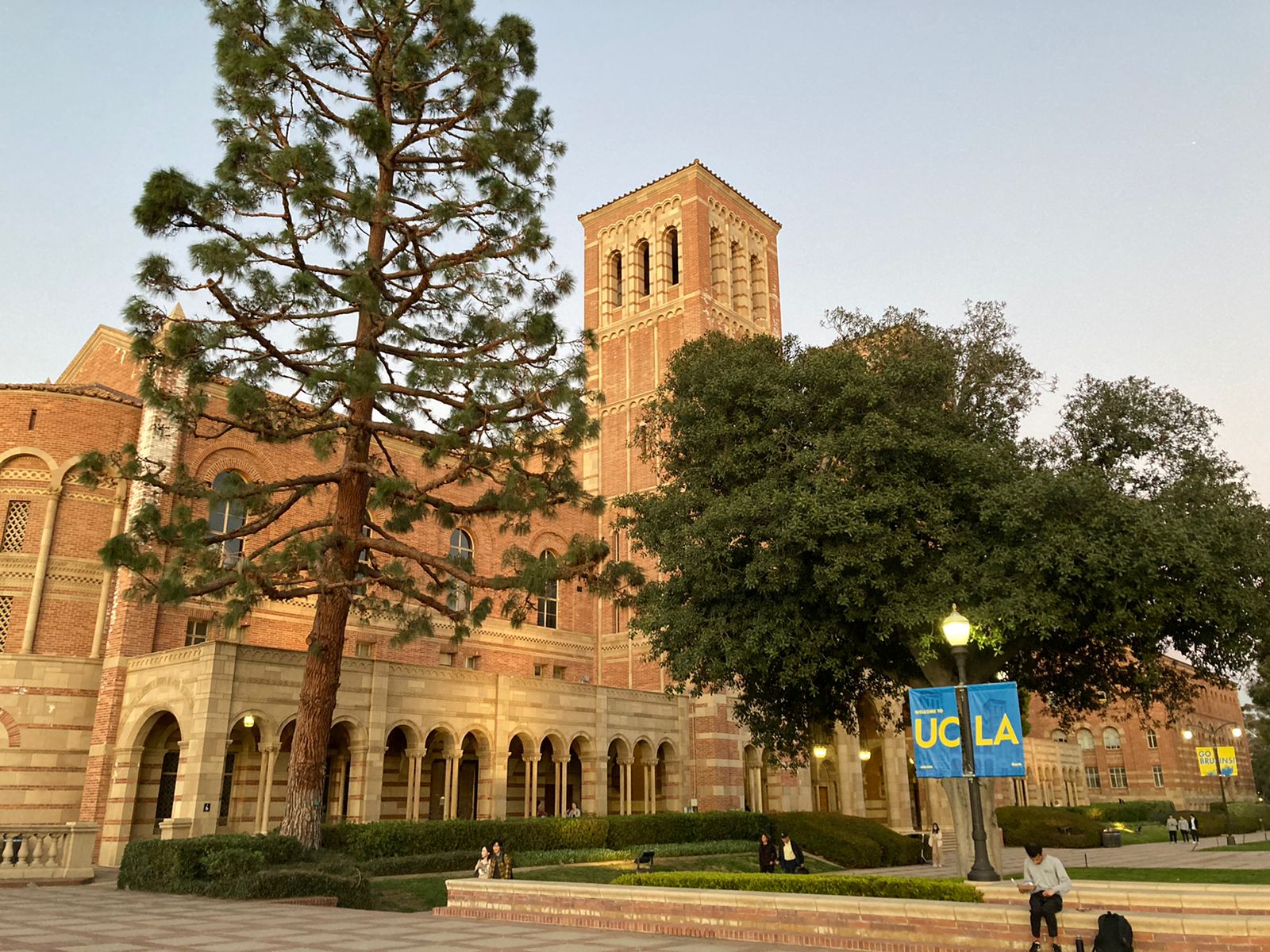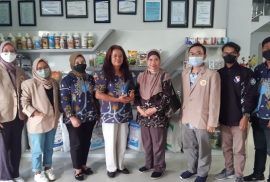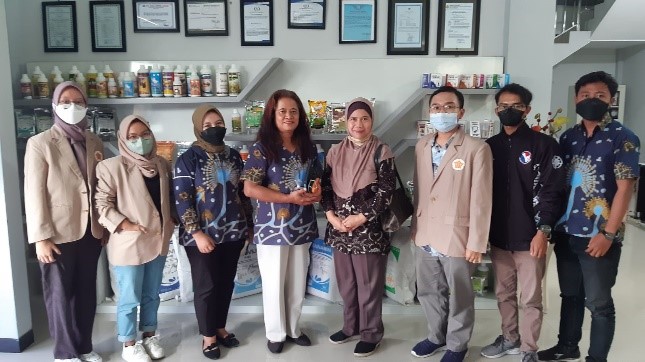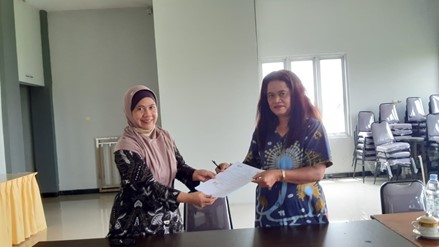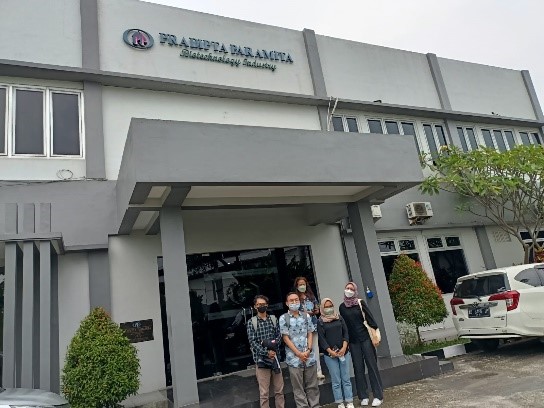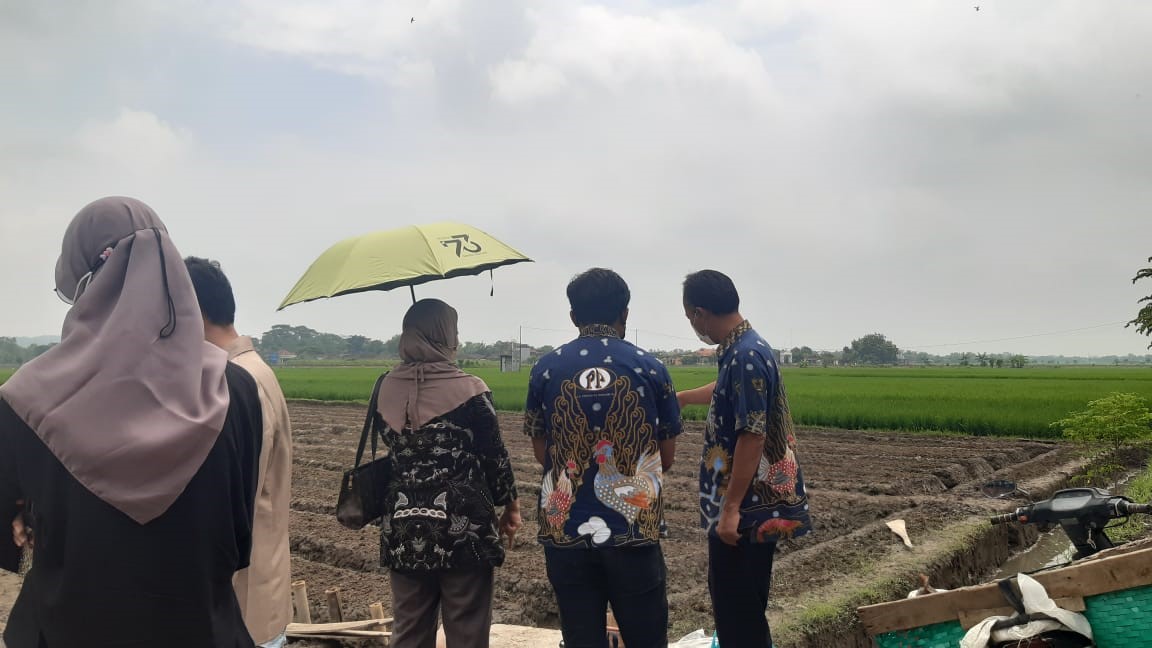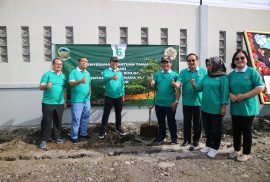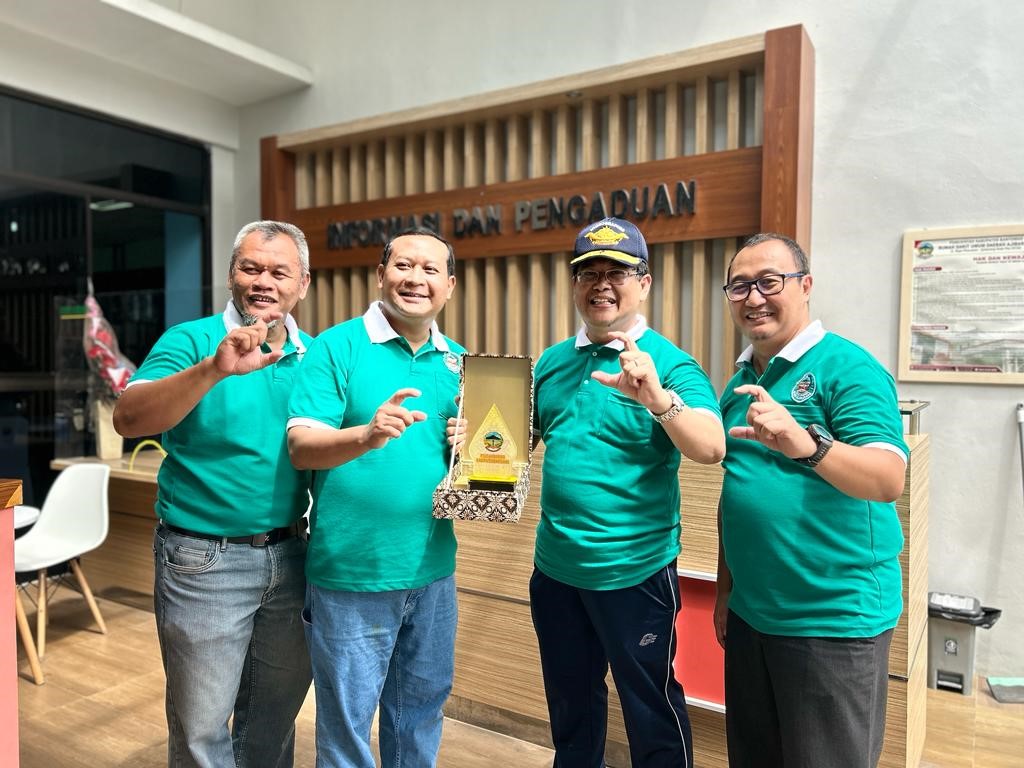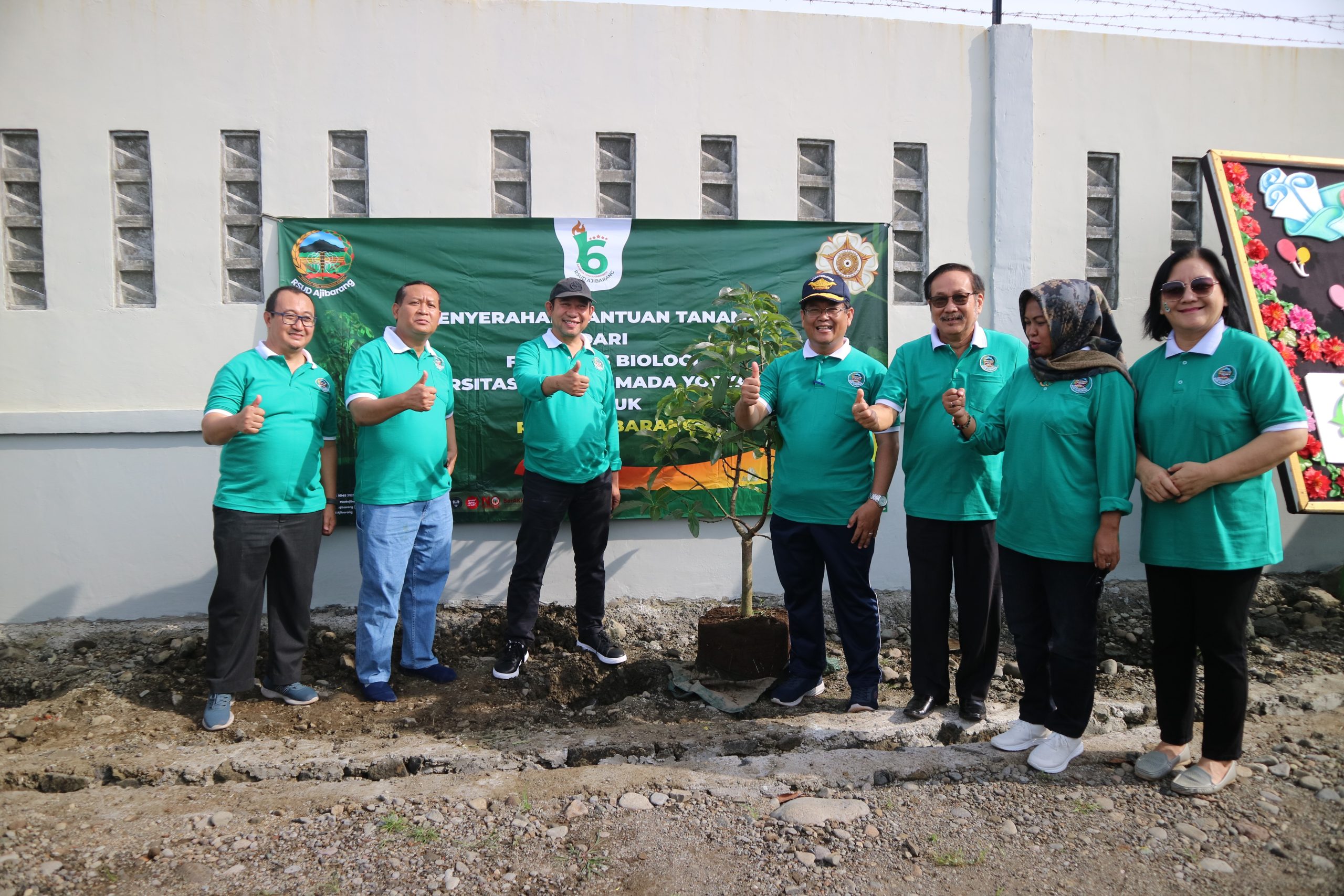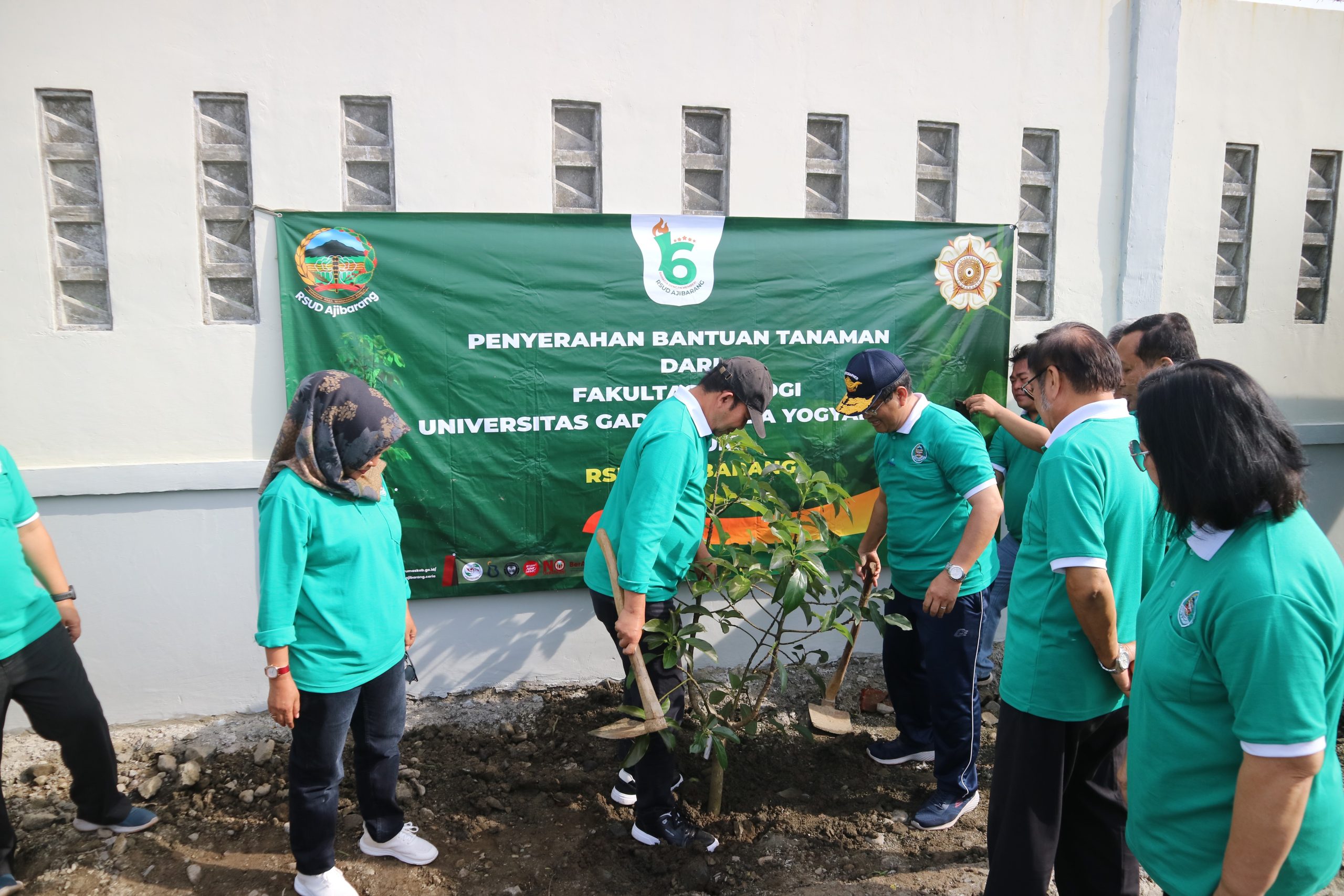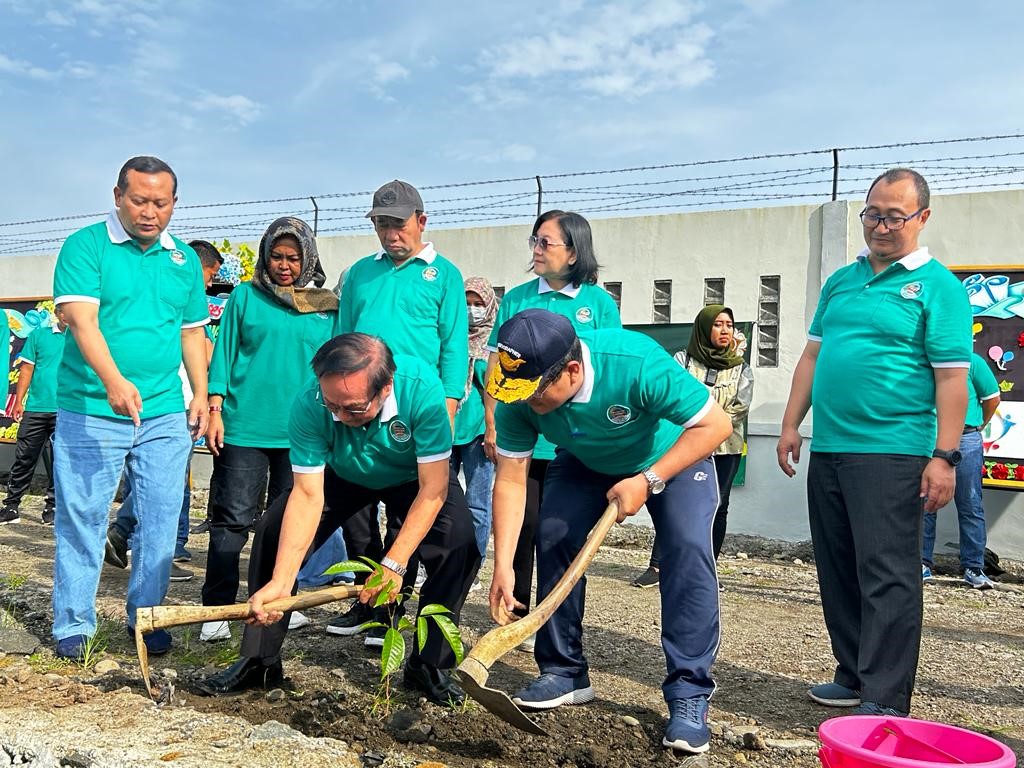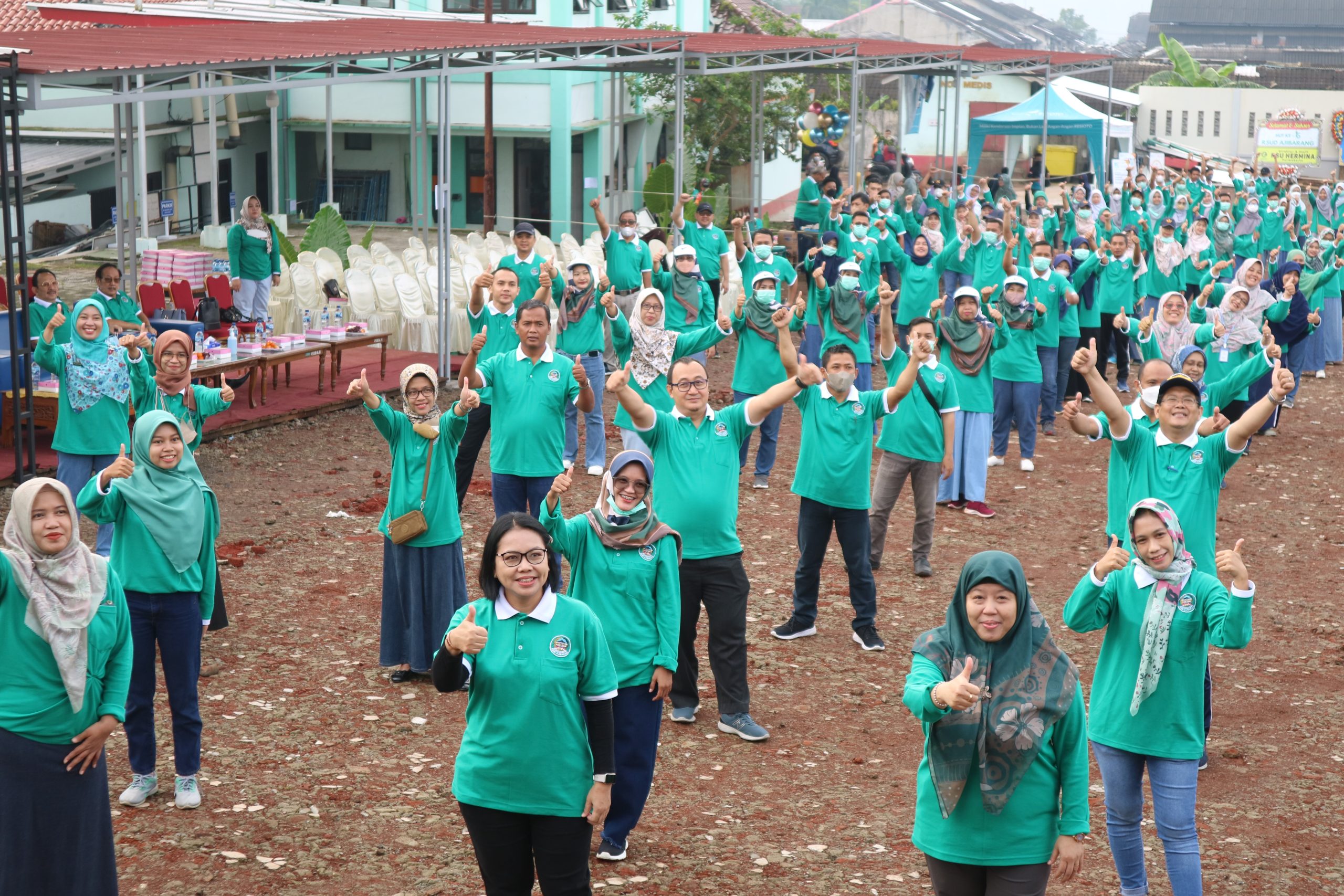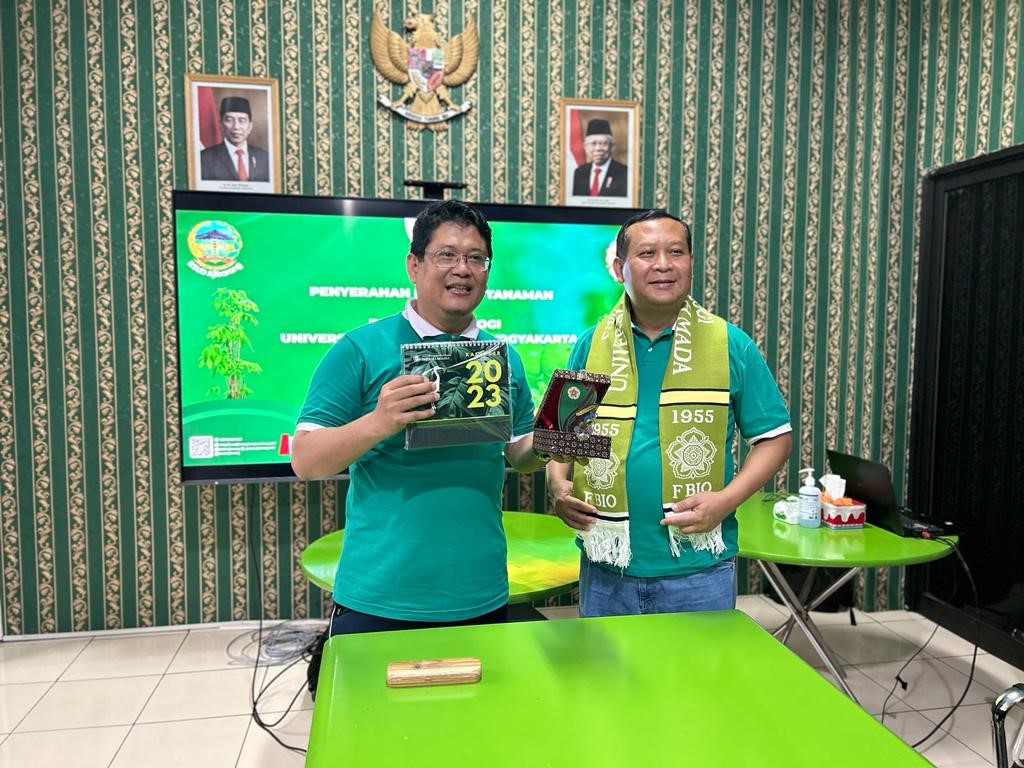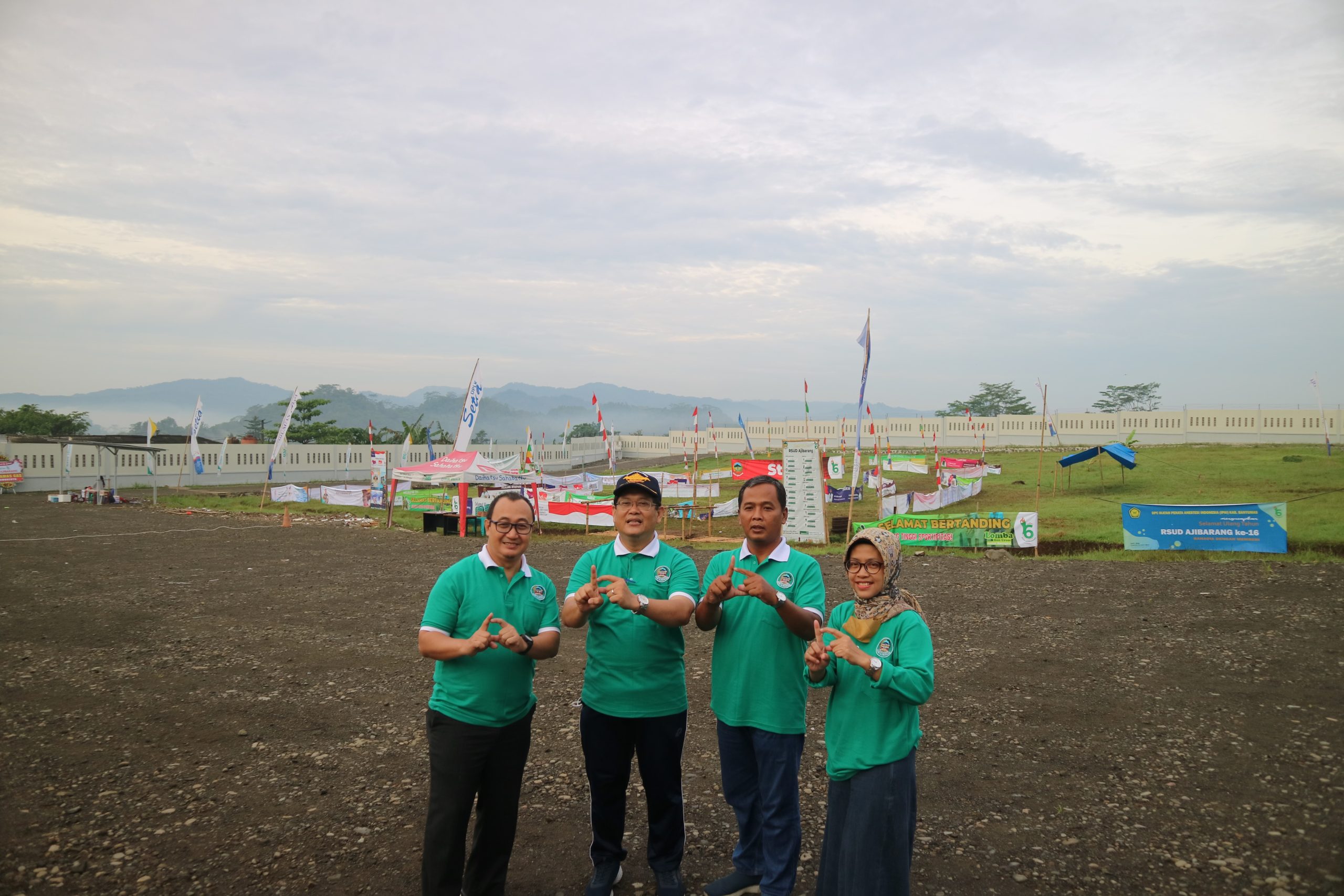Embracing The Nature That Opposite from Ours: An Adventure on Mt Zao, Yamagata Japan
HeadlineNews Release Sunday, 19 February 2023
Sakura Science Program-Yamagata University-Daily Chronicle: Day 3
It was a cold windy morning (18/02/2023) in Yamagata, the students of Faculty of Biology UGM that joined the Sakura Science Program were getting ready to start our day. On this eventful third day, the students of the Sakura Science Program gathered at Yamagata University early on Saturday morning at 7 am. That day’s agenda was to explore the winter landscape and attractions of Mt Zao. The mountain area of Mt Zao is a cluster of volcanoes located on the border between Yamagata Prefecture and Miyagi Prefecture. This group of volcanoes has a rich biodiversity of animals and plants and is one of the most popular areas for skiing and hot springs.
At 8 am sharp, we took a 40-minute bus ride to Mt Zao. On the ride there, we were served a hot bento box of rice and fish with pickled and cooked vegetables as the side dish for the breakfast menu. On this trip, we were accompanied by Prof. Yokoyama and Prof. Fujiyama, as well as several students of Prof. Yokoyama and Prof. Fujiyama. Our trip was managed by Mr. Arai as our tour director. After we arrived, we were then taken to the winter sports rental store to change our clothing into mountain clothing. We were provided with mountain boots, a hiking jacket and pants, gloves, and a beanie. After all of us slipped into our mountain gear, we then walked for about 10 minutes to the foot of Mt. Zao is where the cable car station is situated. We were given snow trekking shoes and a pair of hiking poles and then taken to the top of the mountain by cable car. Our ride stopped at the top station (1.387m above sea level), we put on the gear and walked along the trek and explored the snowy Mt. Zao. It was the first time for most of us to see and experience snow, so everyone had a wonderful time. They also learned a lot of insight and new knowledge about this zone and climate, such as Mr. Arai told us that Mt. Zao was said to be a monster god who falls asleep especially if we see it from above; how this mountain has such deep snow cover and has permafrost; or when Prof Yokoyama pointed at us the snow bud of a pine tree that would bloom in the springtime.
After playing in the snow, we were making our way to descend Mt. Zao and going to a Turkish restaurant to have our lunch. There, we had hot traditional Turkish foods which were served in Japanese style, such as kebabs, bowl of chicken, beef wraps, fish and chips, and chicken kaarage. Afterwards, the group of students continued their way to the rental store where we changed into our original clothes. We then explored the town that is at the foot of Mt. Zao.
During our exploration of the town, we visited a gift shop where it sells the town authentic souvenirs which most of the students bought as gifts for themselves and their loved ones back in Indonesia. After indulging the town’s festive and cold atmosphere, the group then got on the bus for the trip back to Yamagata.
The trip back to Yamagata was short and quiet, which took around thirty minutes as all of us wasted no time, since we had been tired from our adventure. After arriving at the university, the students were given free time for 30 minutes in which they could explore Yamagata university freely and gathered again for dinner at 6 pm.
The day was wrapped up with dinner in an Indian restaurant located in the city of Yamagata where we were served original Indian cuisine foods such as curry and naan. Our Saturday adventure ended nicely with a full belly and tired feet. (Max&Zid)
